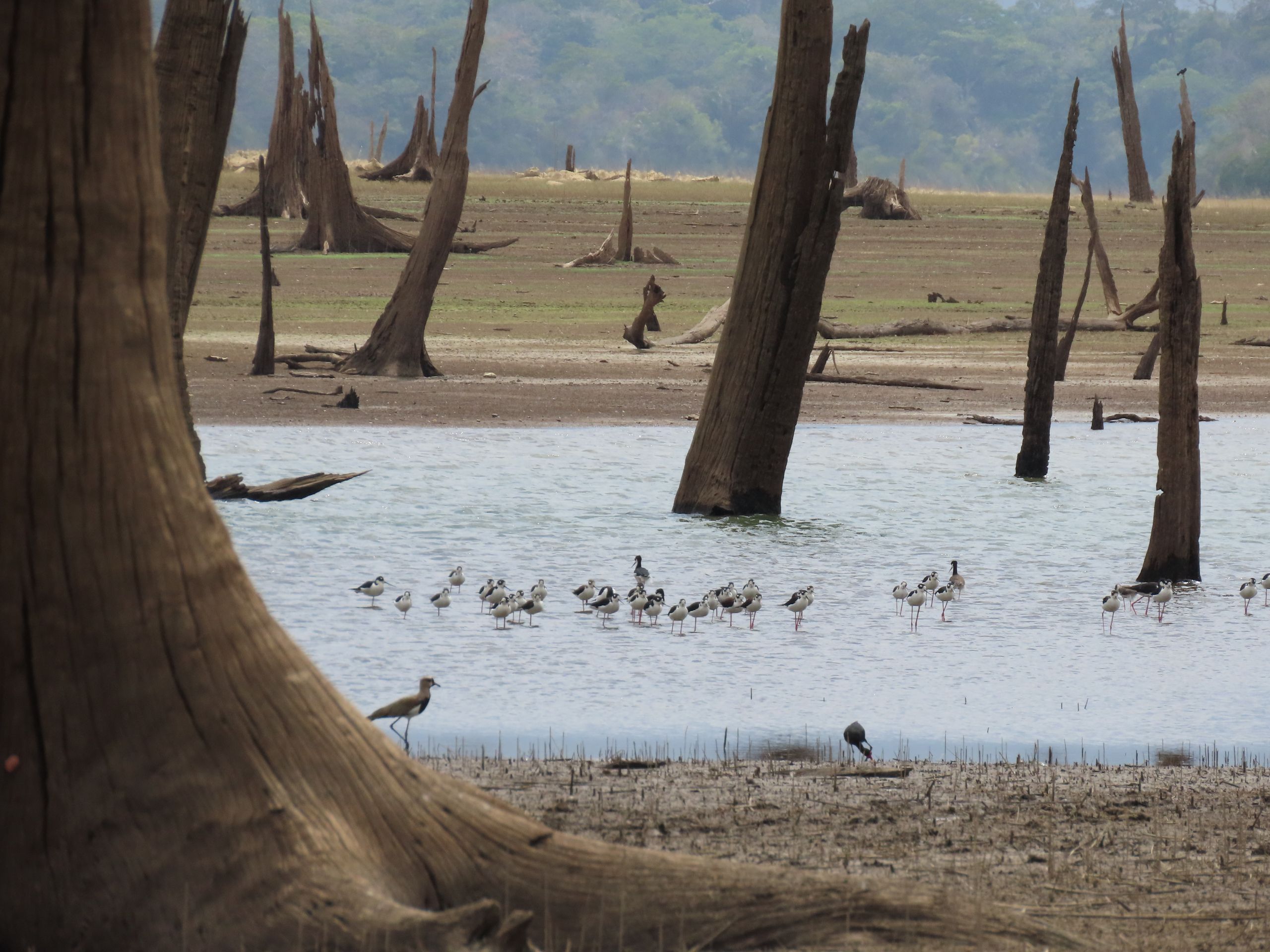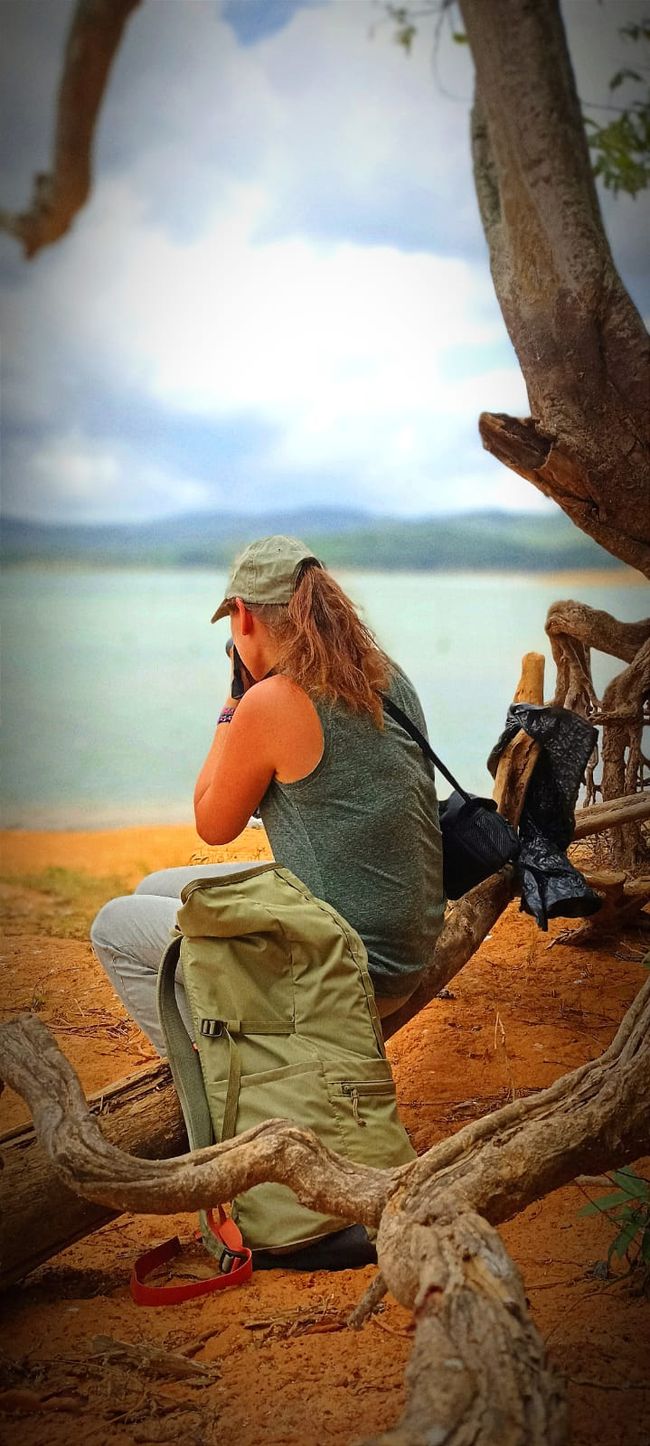Tina alone in Bali
પ્રકાશિત: 12.04.2019
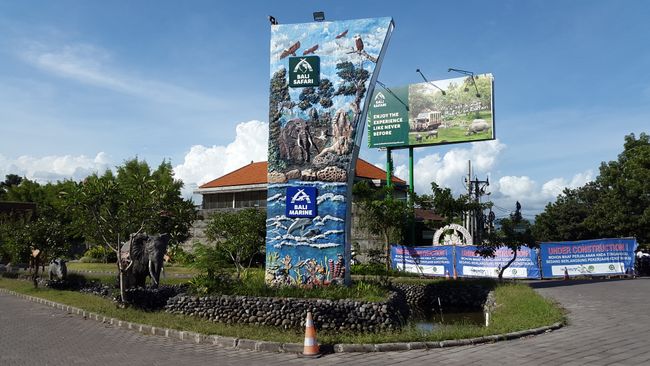
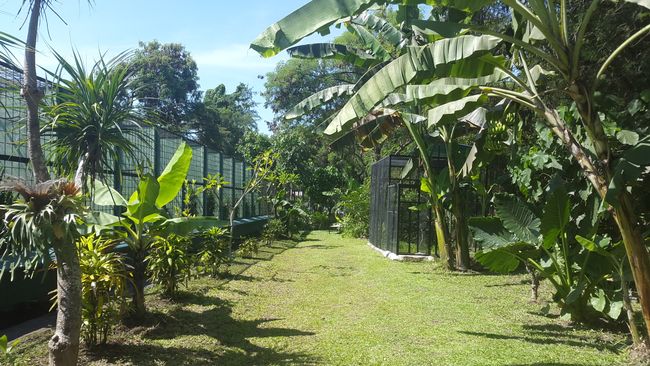
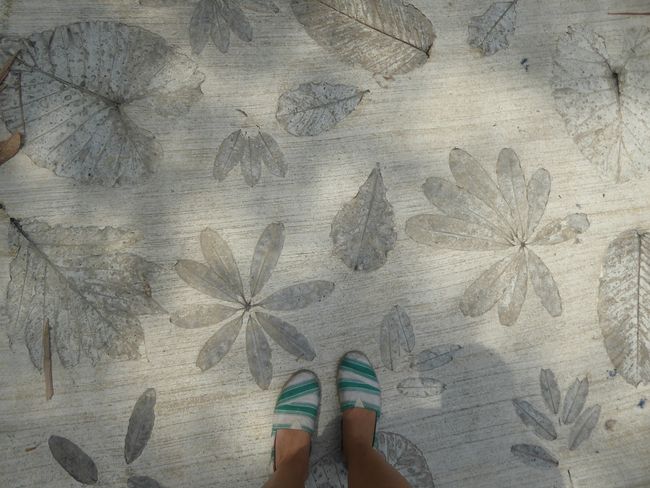
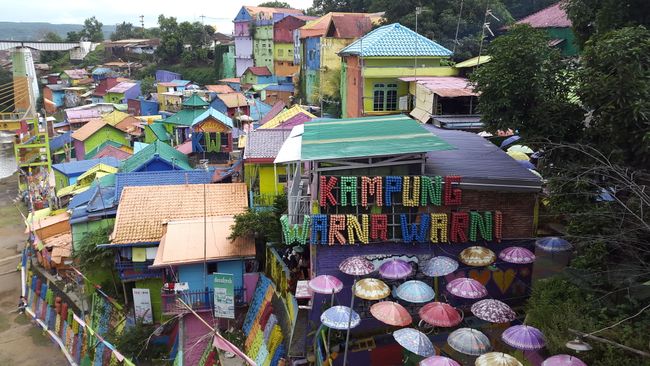
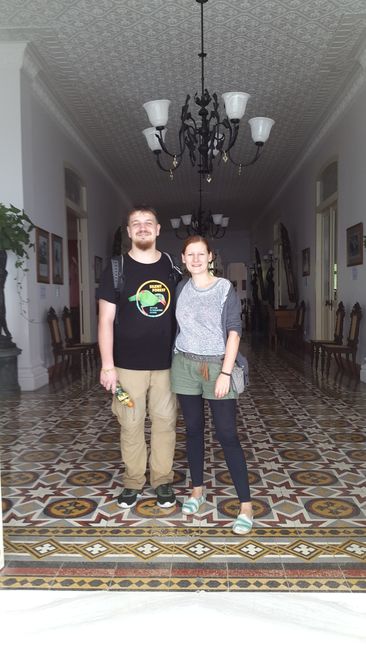
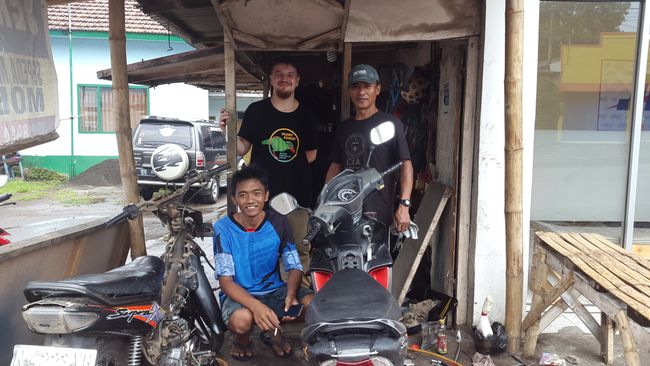
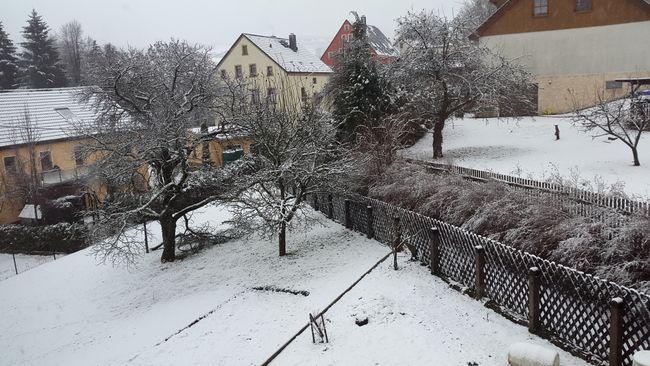
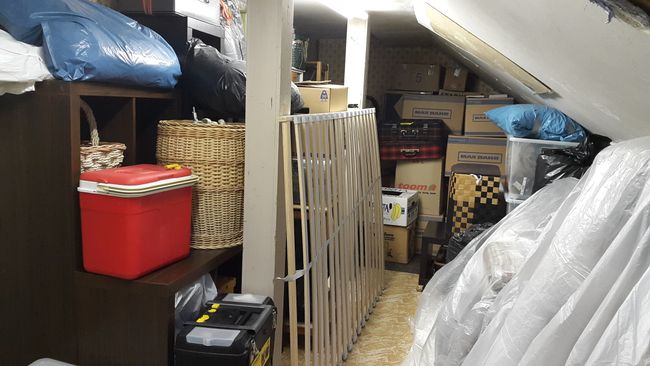
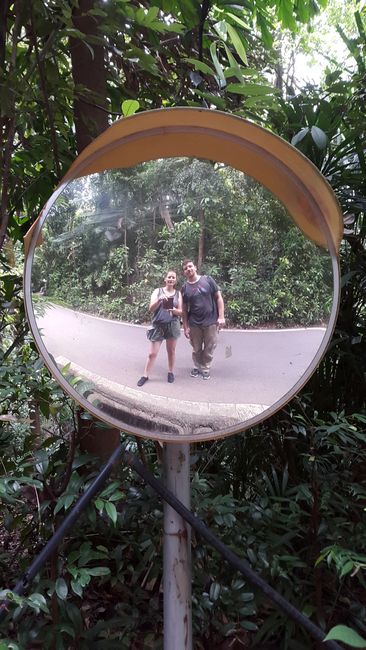
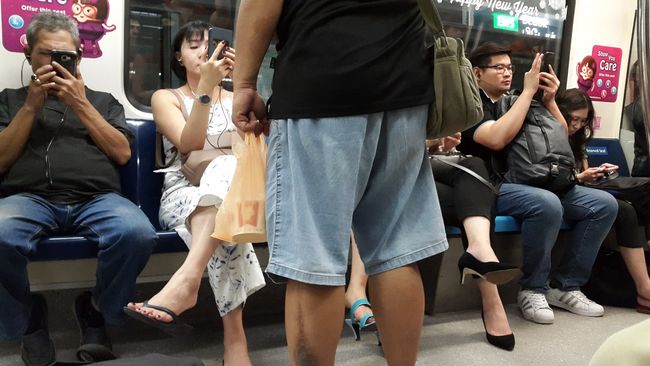
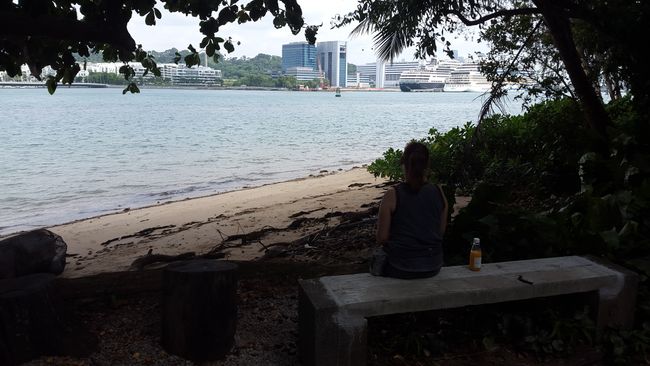
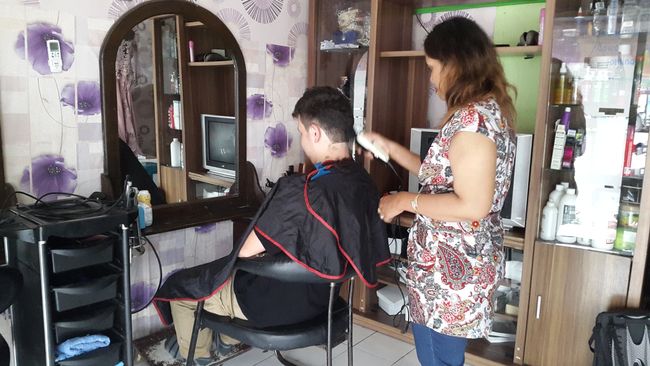
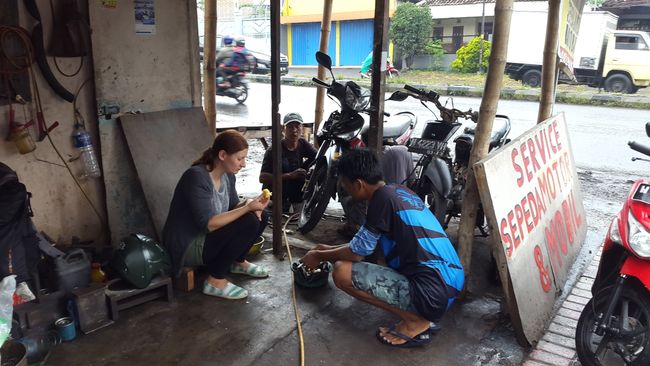
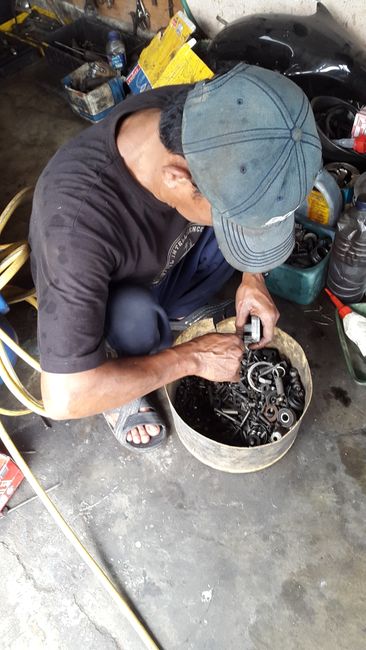
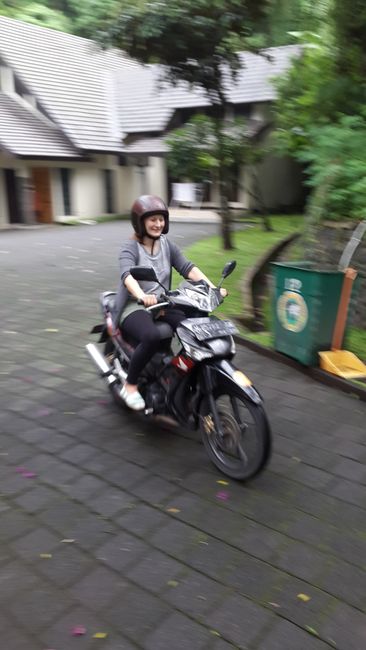
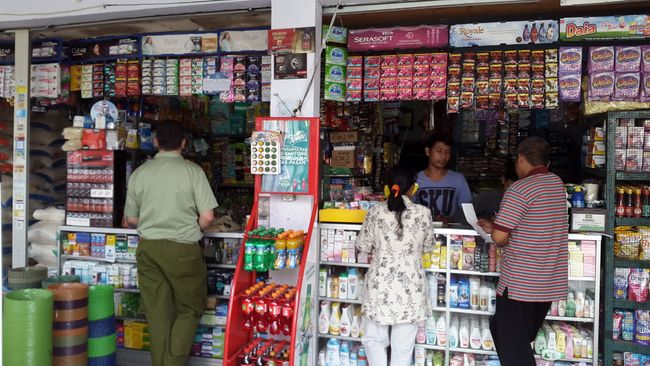
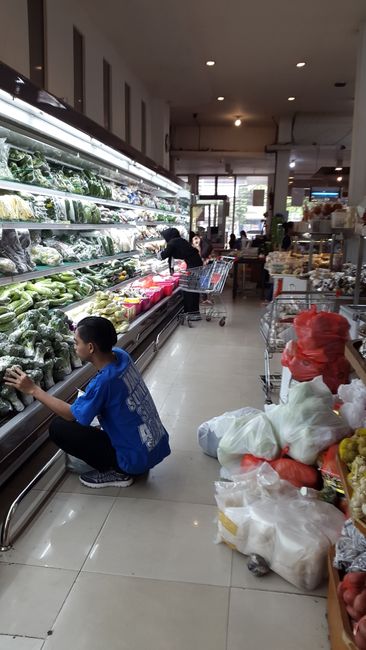
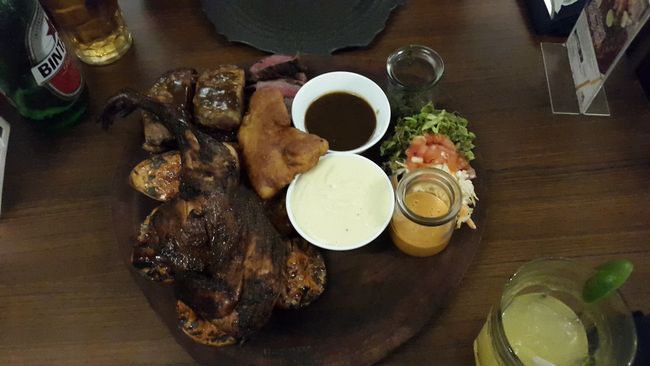
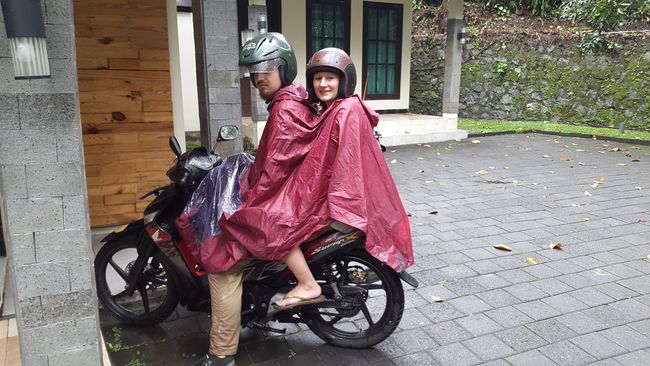
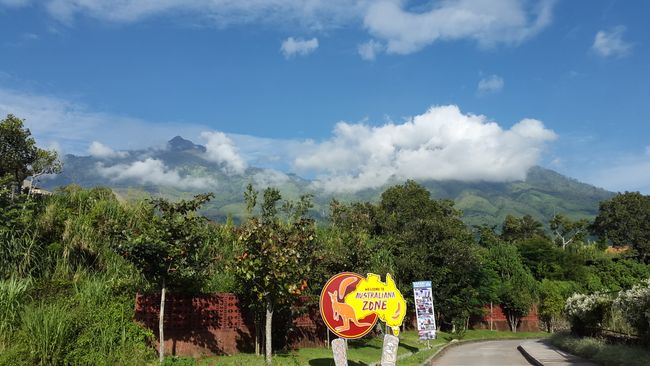
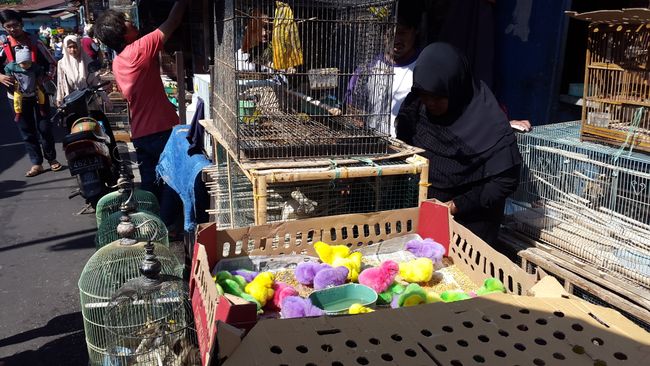
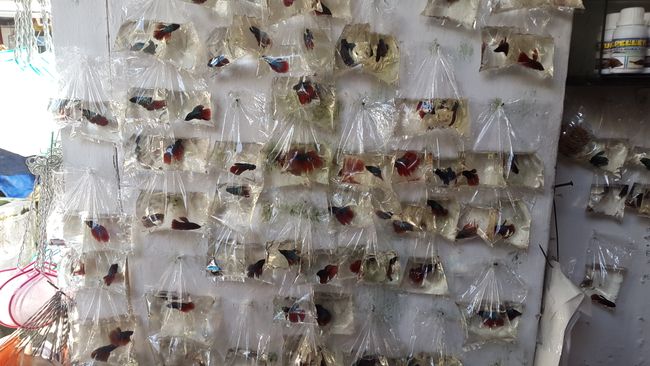
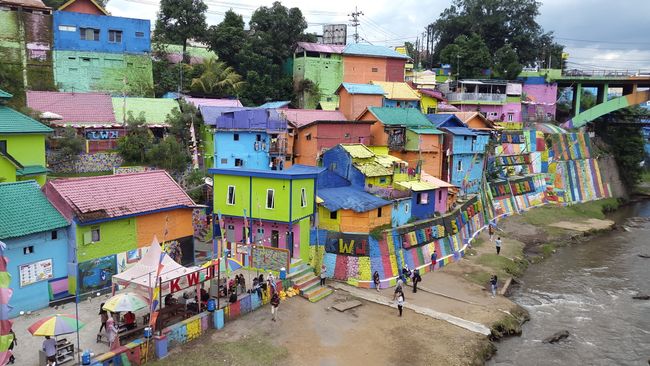
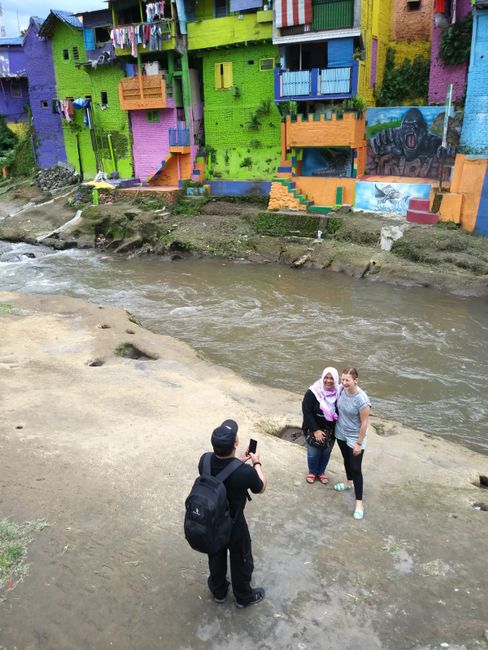
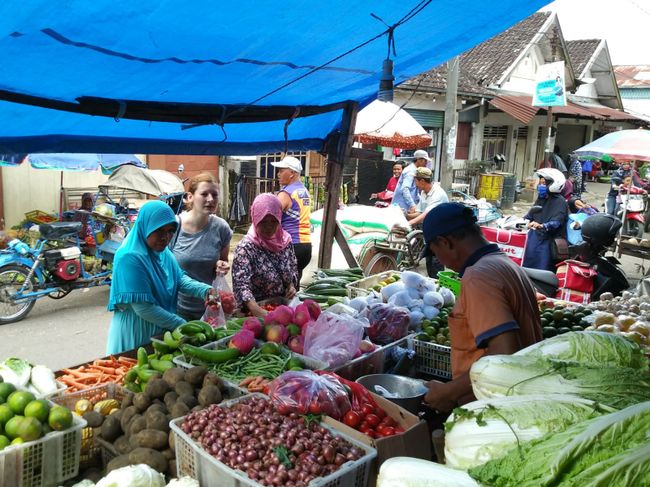
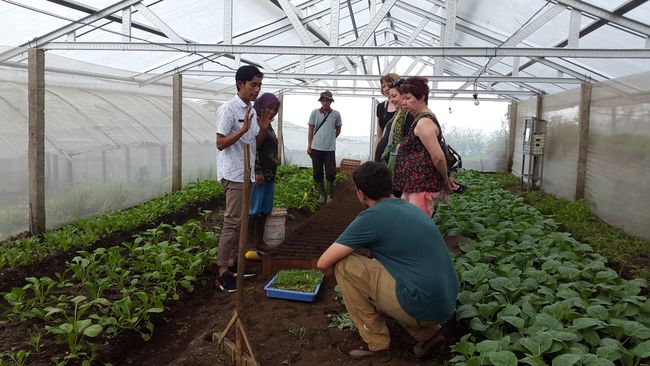
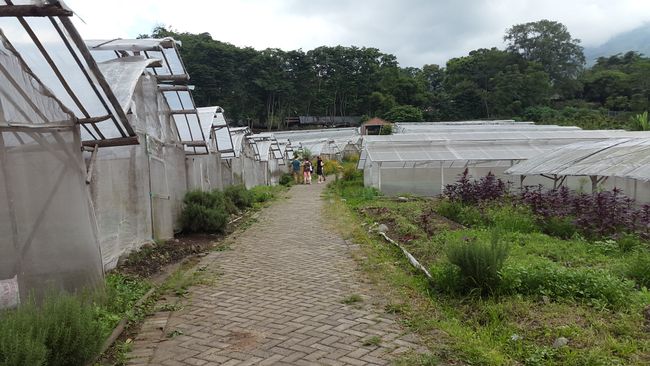
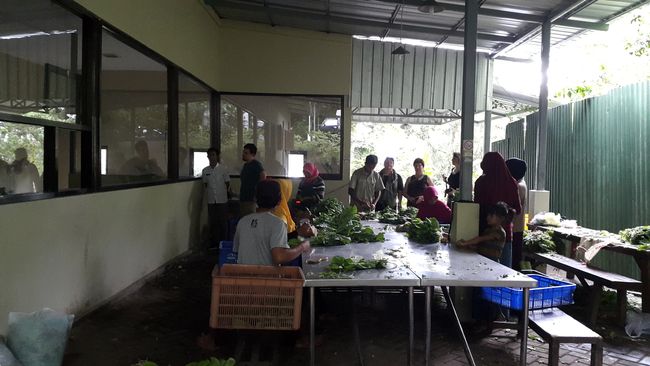
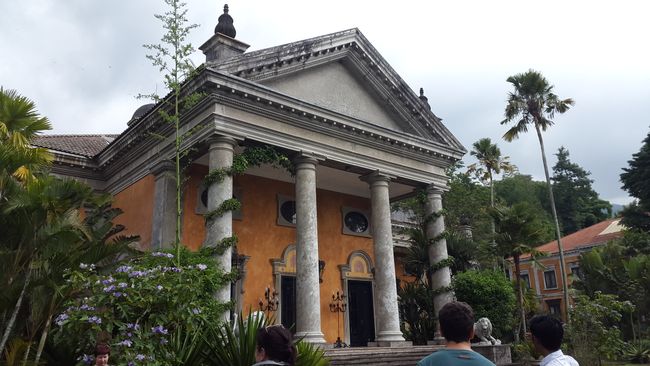
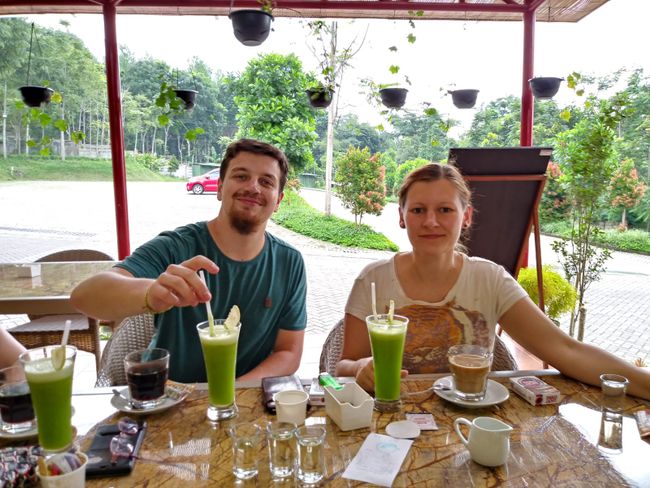
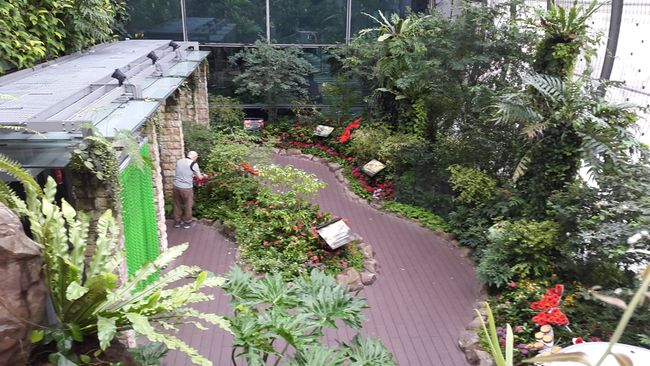
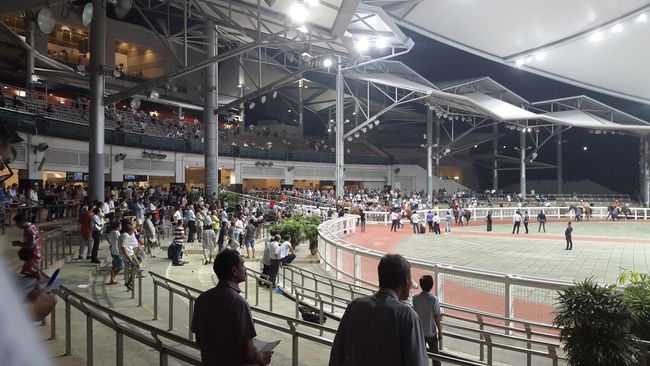
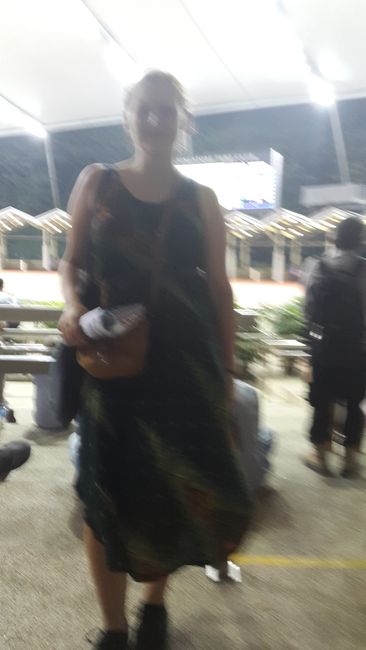
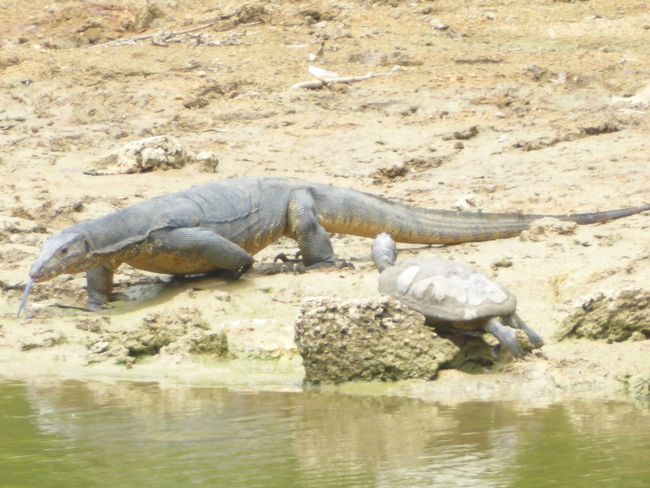
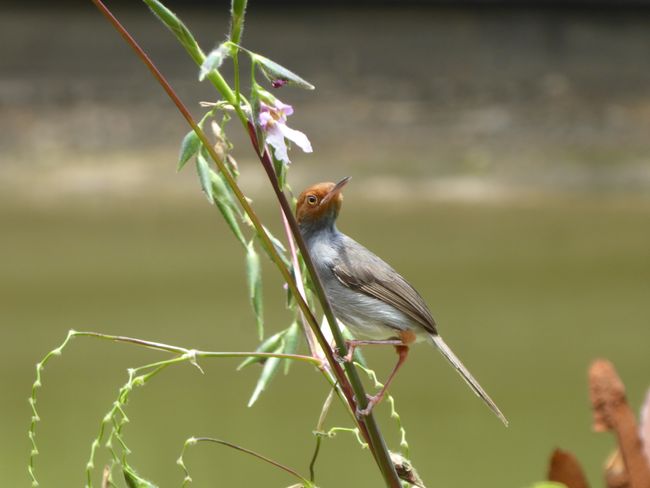
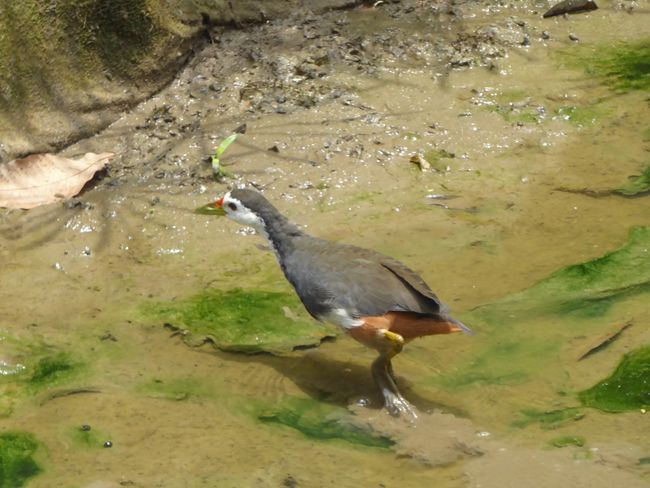
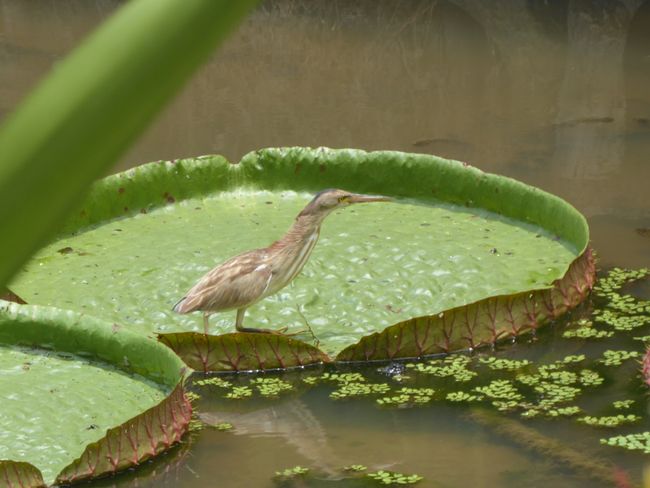
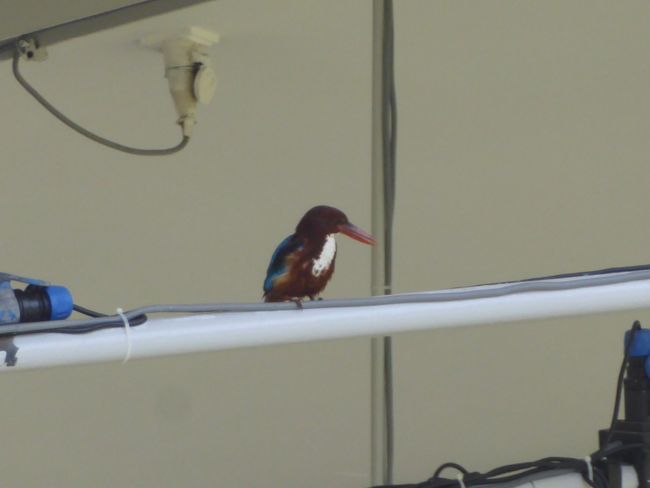
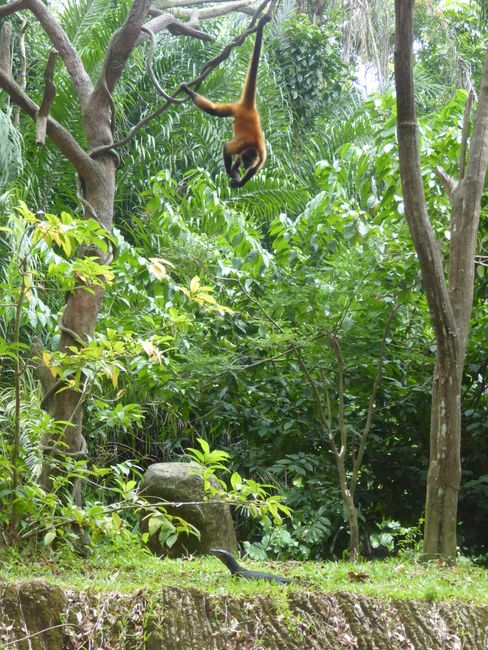
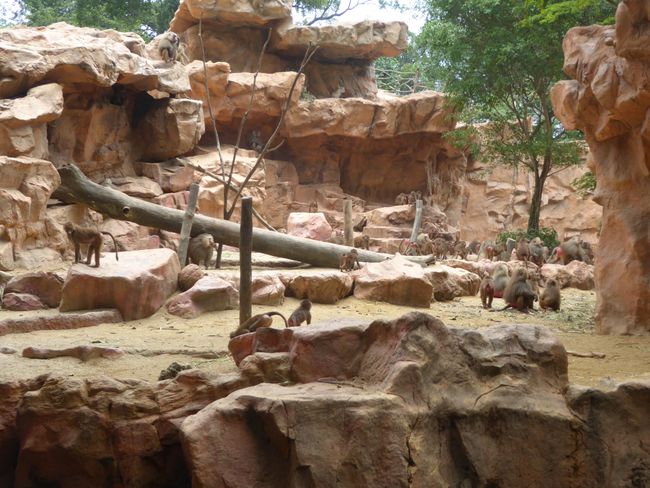
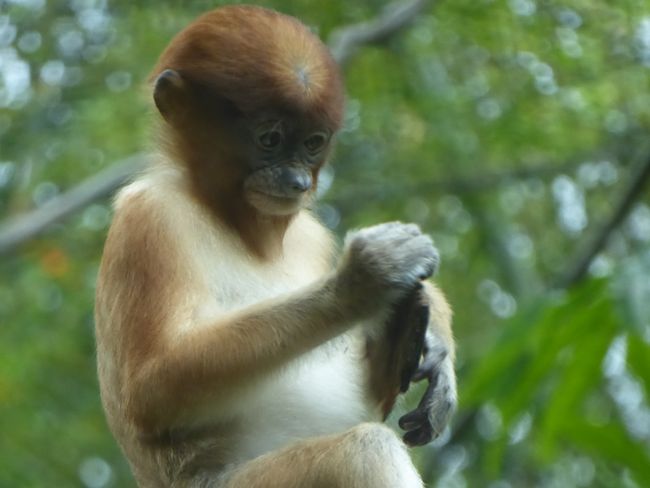
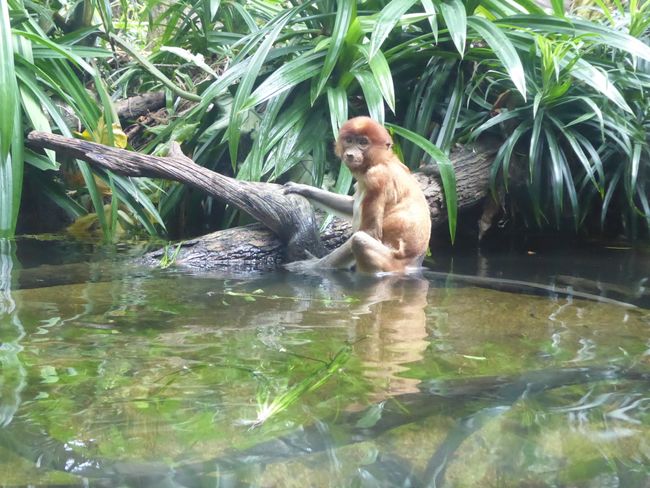
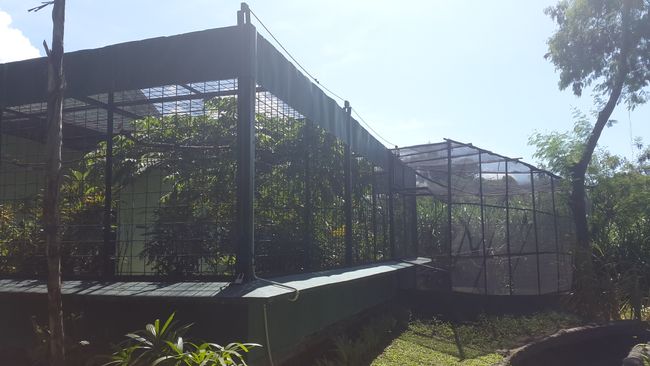
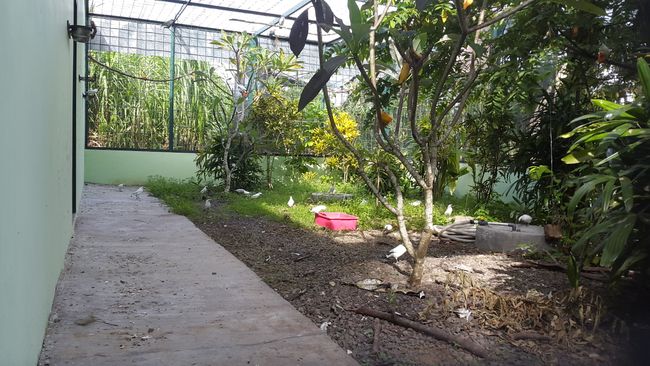
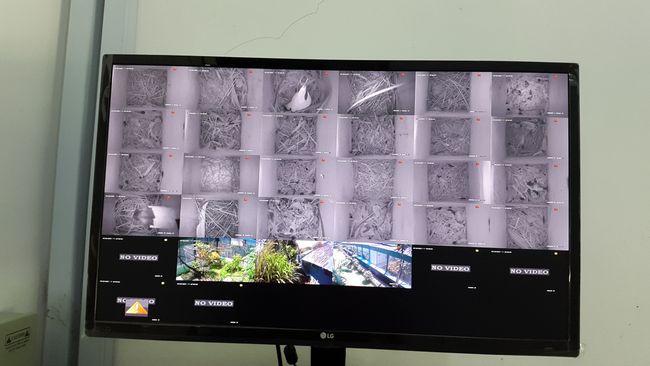
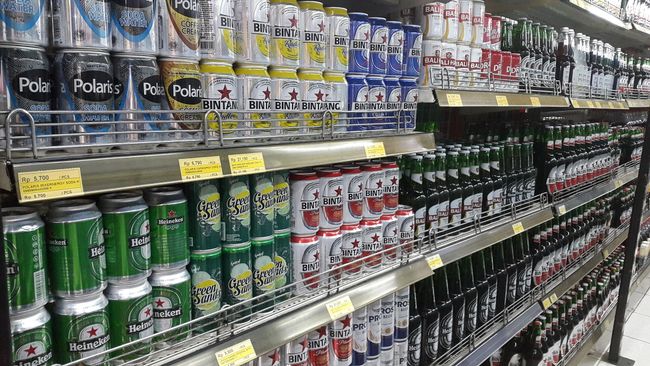
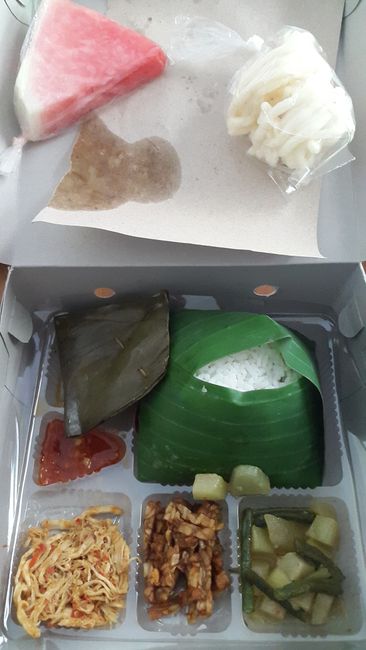
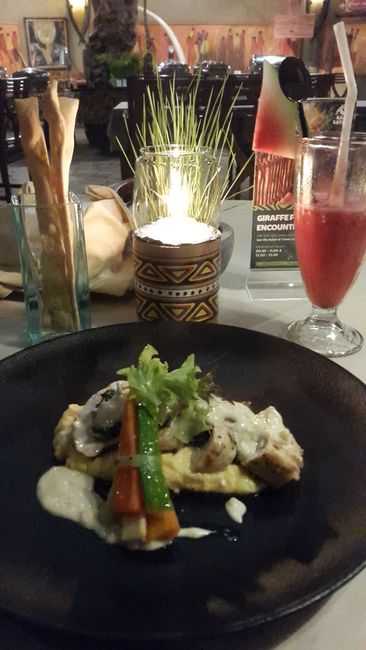
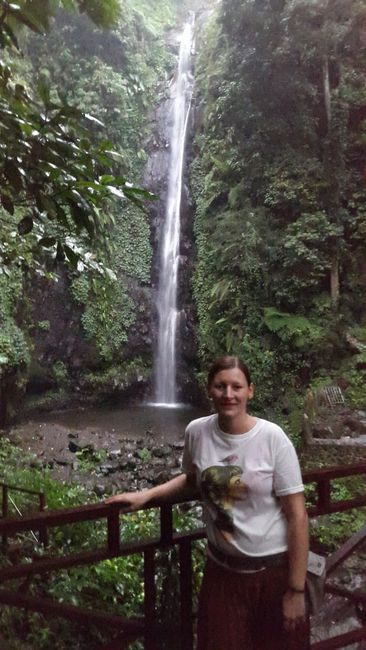
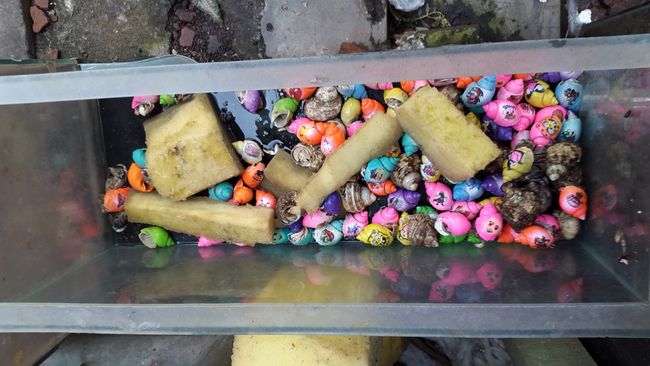
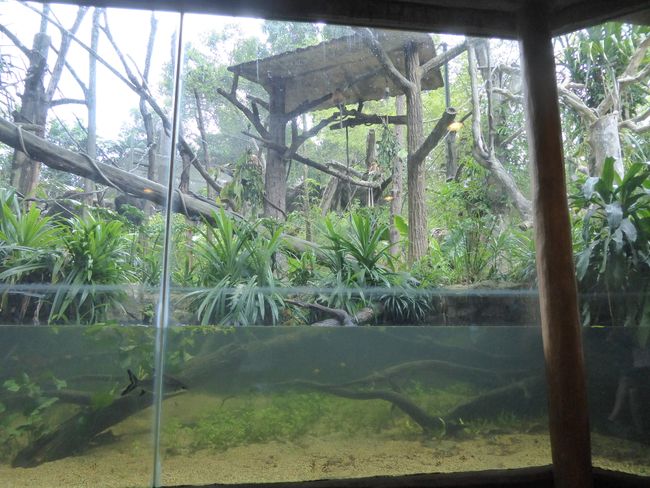
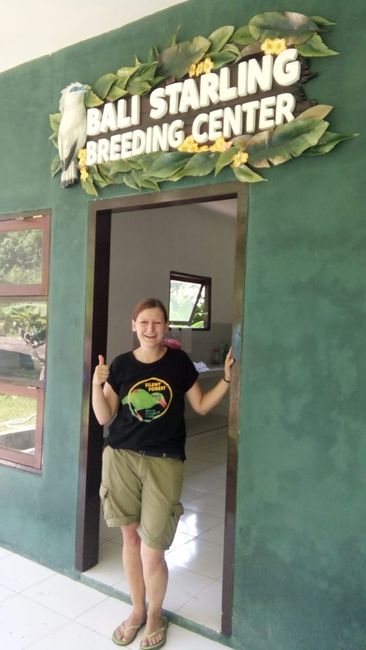
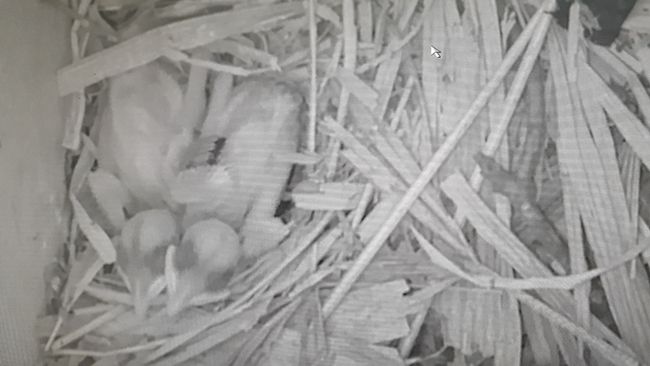
ન્યૂઝલેટર પર સબ્સ્ક્રાઇબ કરો
I haven't written anything since October and would like to give a 'little' update. Because a lot has happened in the last 6 months.
In December, we spent 3 weeks in Germany to visit friends and family, celebrate Christmas and New Year's Eve, and enjoy delicious German food. Although 3 weeks is not much, we wanted to meet as many loved ones as possible and had a lot to do, so there was unfortunately little time to relax. Nonetheless, it was a great time that we spent in Leipzig, then in the Ore Mountains, and finally in Rostock. In between, we had to make a detour from the Ore Mountains to Rostock to get our belongings from the attic because our house was unfortunately sold there. So we went there in the morning, loaded everything into the van, and in the afternoon, unloaded everything and stored it in another attic in the Ore Mountains. Phew. There was snow just in time for Christmas, at least in the Ore Mountains. New Year's Eve was then celebrated in Rostock, and I visited my former proteges at the zoo.
Many thanks for providing shelter, cooking, entertaining, driving around, carrying things, listening, surprising, for the conversations and the nice company:
Thanks to my family; Roy's family; Julia and Maria; Katha, Thomas and Caro; Beate and Christian; Conny and Nils; the JZEA and all the people in Rostock, Dave plus friends and Frau Holle. It was really great with you!
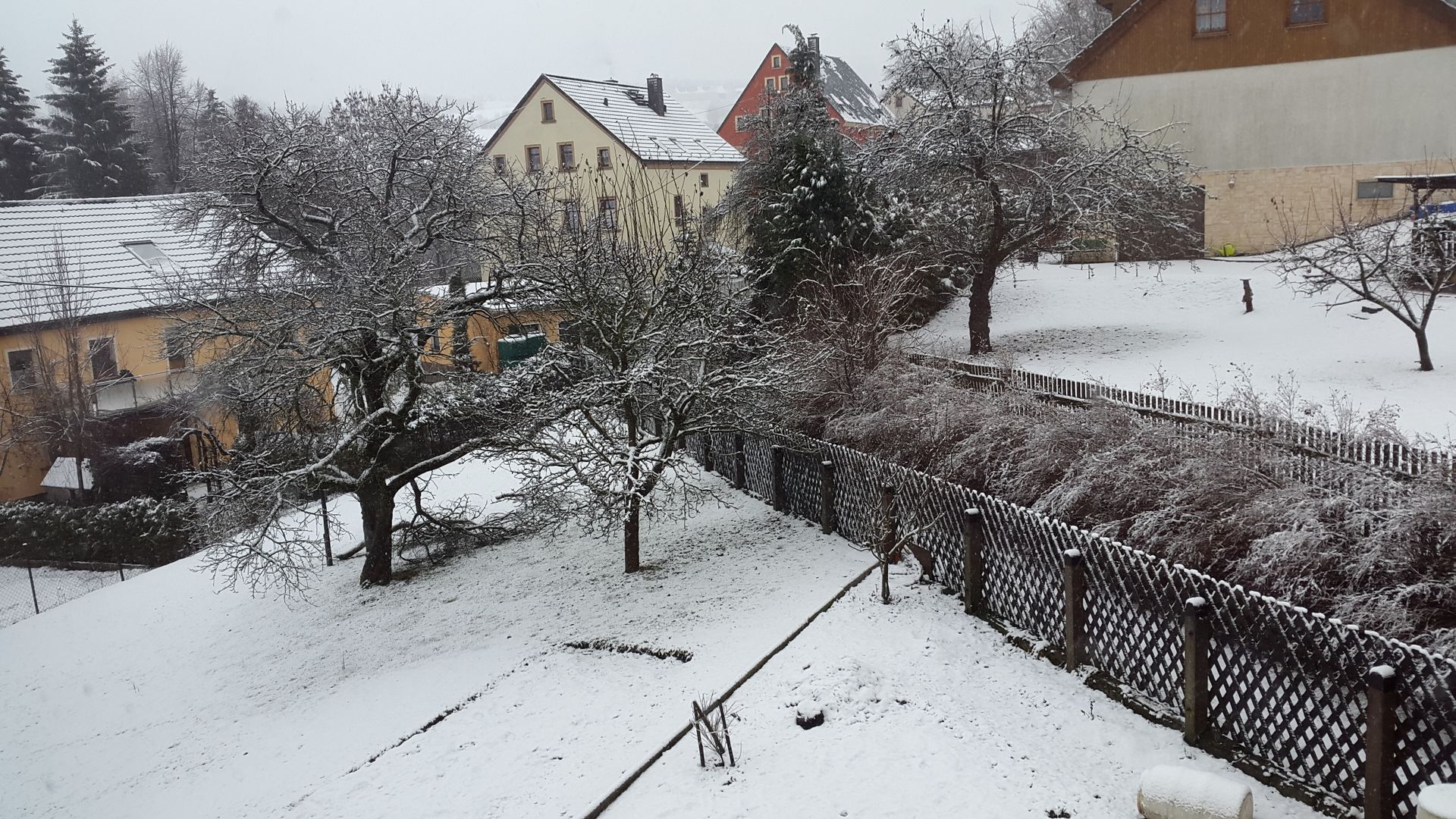
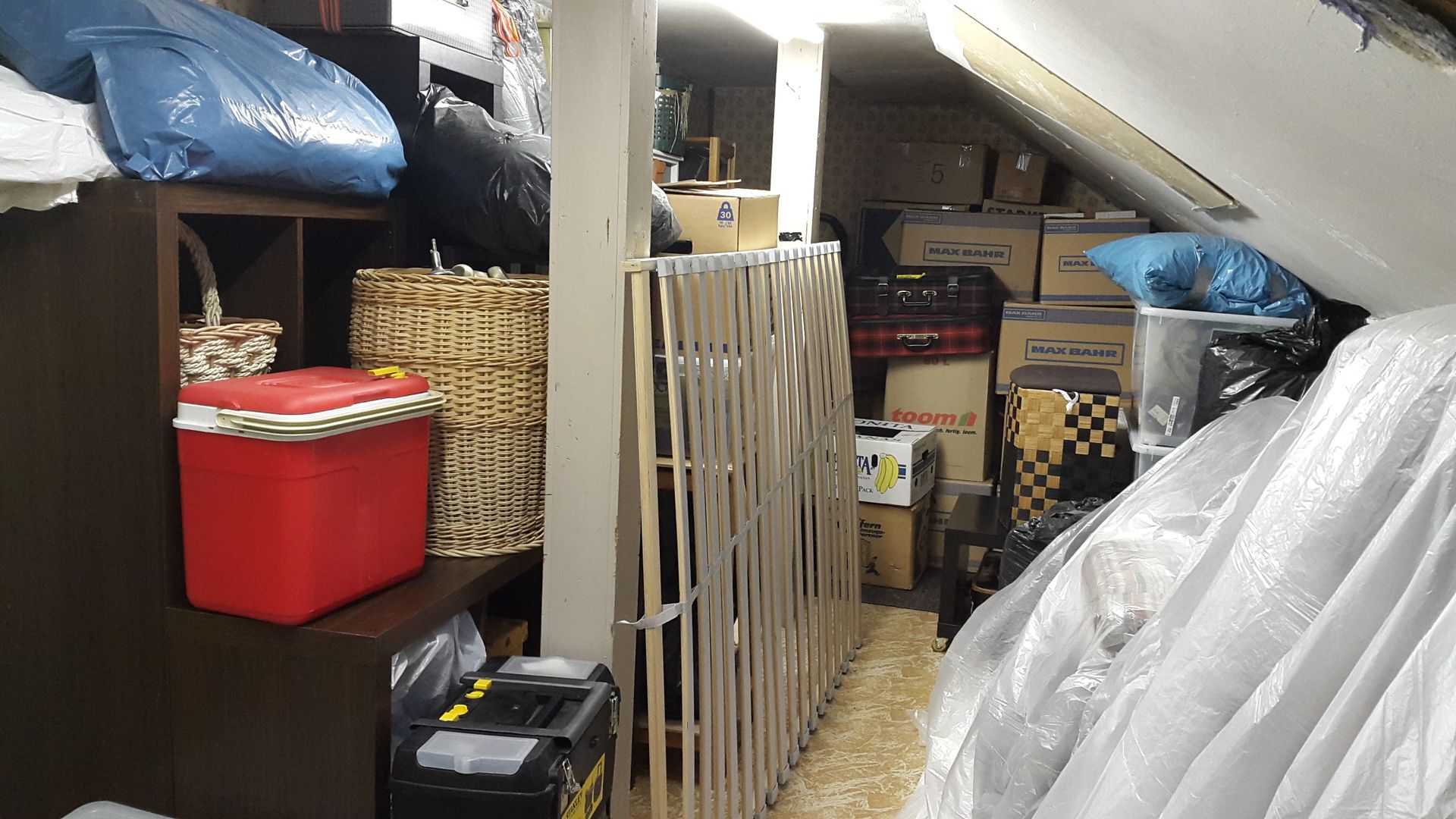
Back on Java, we returned to work, more or less. However, only for about 3 weeks, because at the end of January, we had to leave Indonesia to renew our visa. That meant 3 days in Singapore. This time, we visited Sentosa Island, an island off the coast of Singapore with attractions like Universal Studios, a butterfly park, cable cars, beach clubs, large hotels, etc. However, everything was expensive as usual. So we just took a walk through the free part of the island. Also very nice!
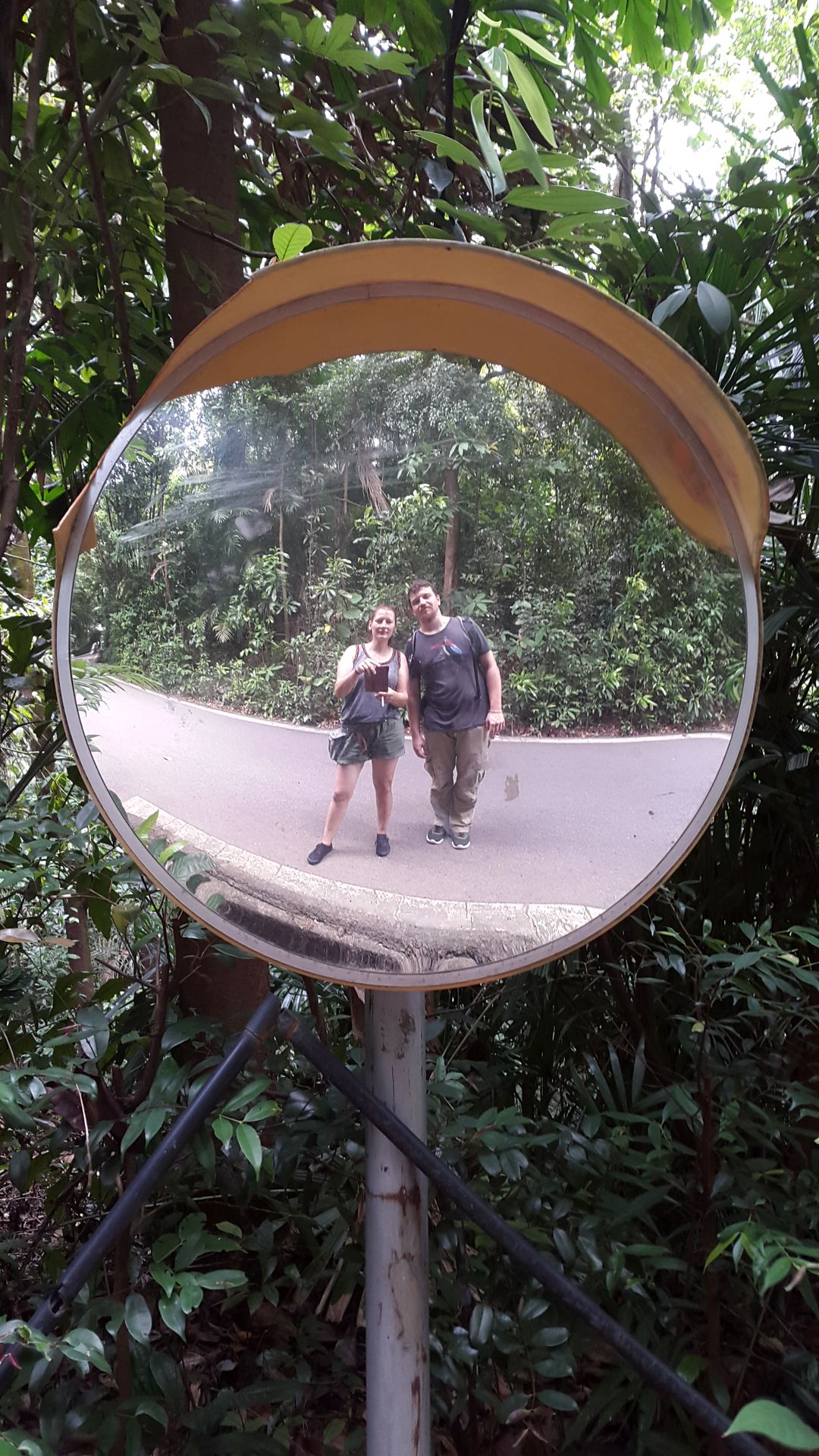
I don't know why Roy is wearing long pants, it was so hot.

You can always find a quiet place where there are hardly any people. And sometimes you also find cool things in the bushes: next to plastic, children's socks, and other garbage, there was a quite new, high-quality handball that we had to take with us.
We spent half a day in the hospital to have my cough and fever checked. But not much came out of it.

With considerably less money in our pockets, we returned to Java. By now, we live a normal everyday life here, almost like in Germany, except that we stand out a lot and are often stared at. However, some people already know us and treat us (almost) like normal people. To give you an idea, here are some impressions:
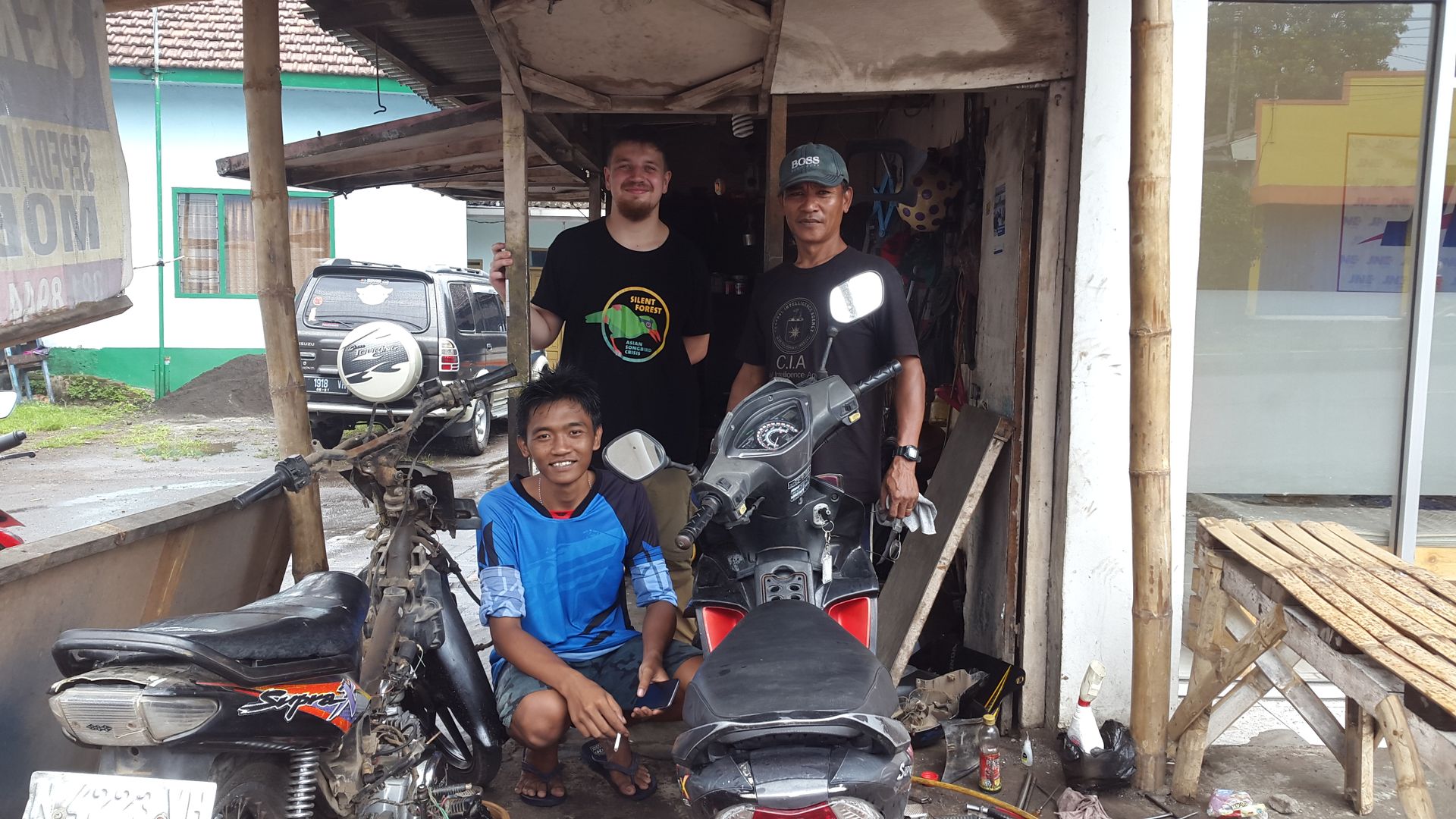
This is our motorcycle workshop. It's just wide enough for 2 motorcycles side by side. Roy regularly has the motorcycle checked and the oil changed here. In the evening, the planks are folded down and the workshop is locked up.
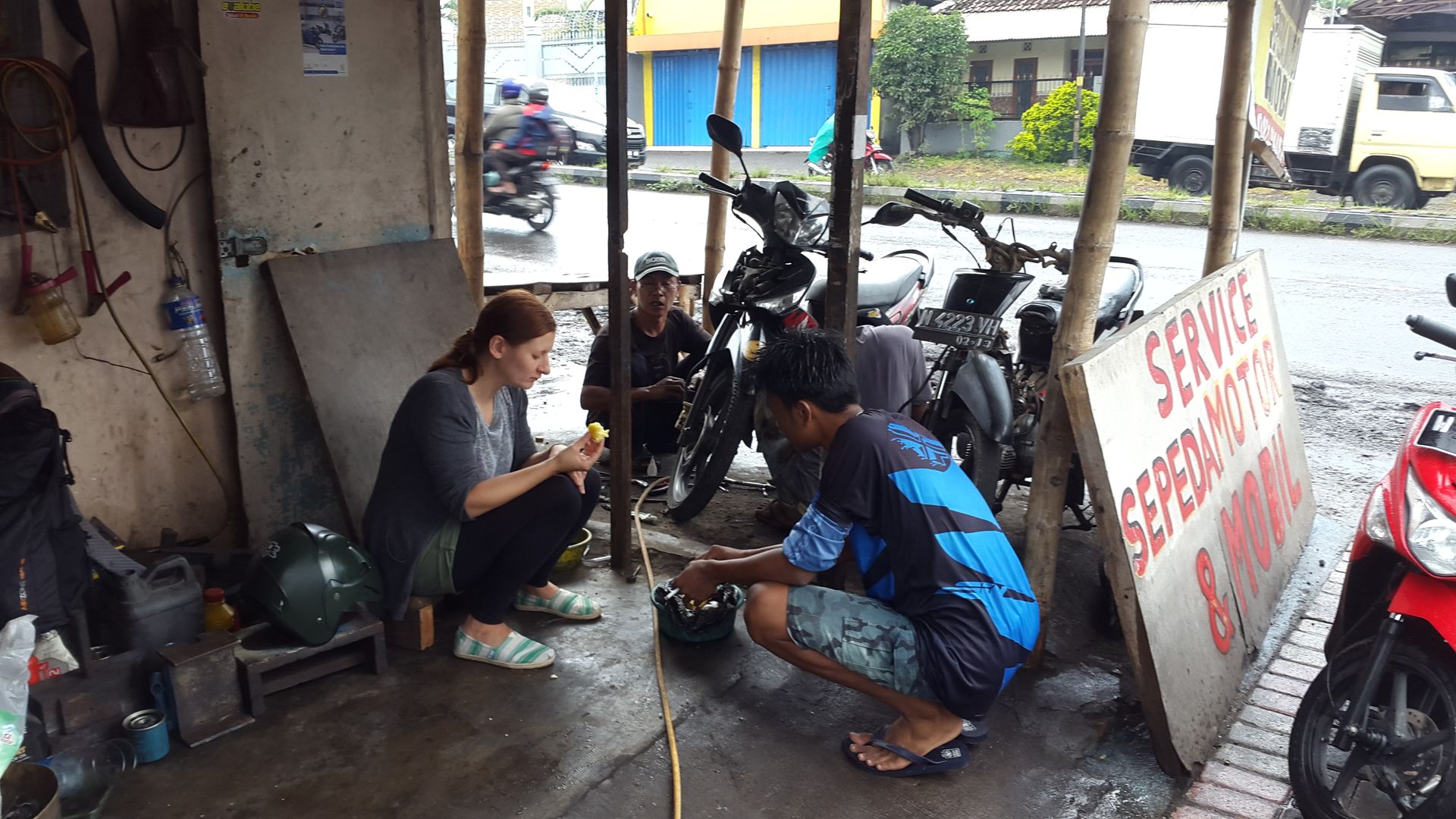
In just about 30 minutes, half of the motorcycle is disassembled, cleaned, and reassembled. The Javanese people are really friendly, and that's why we were provided with food during the waiting time, just like that. The whole procedure costs only about 2.50 euros!
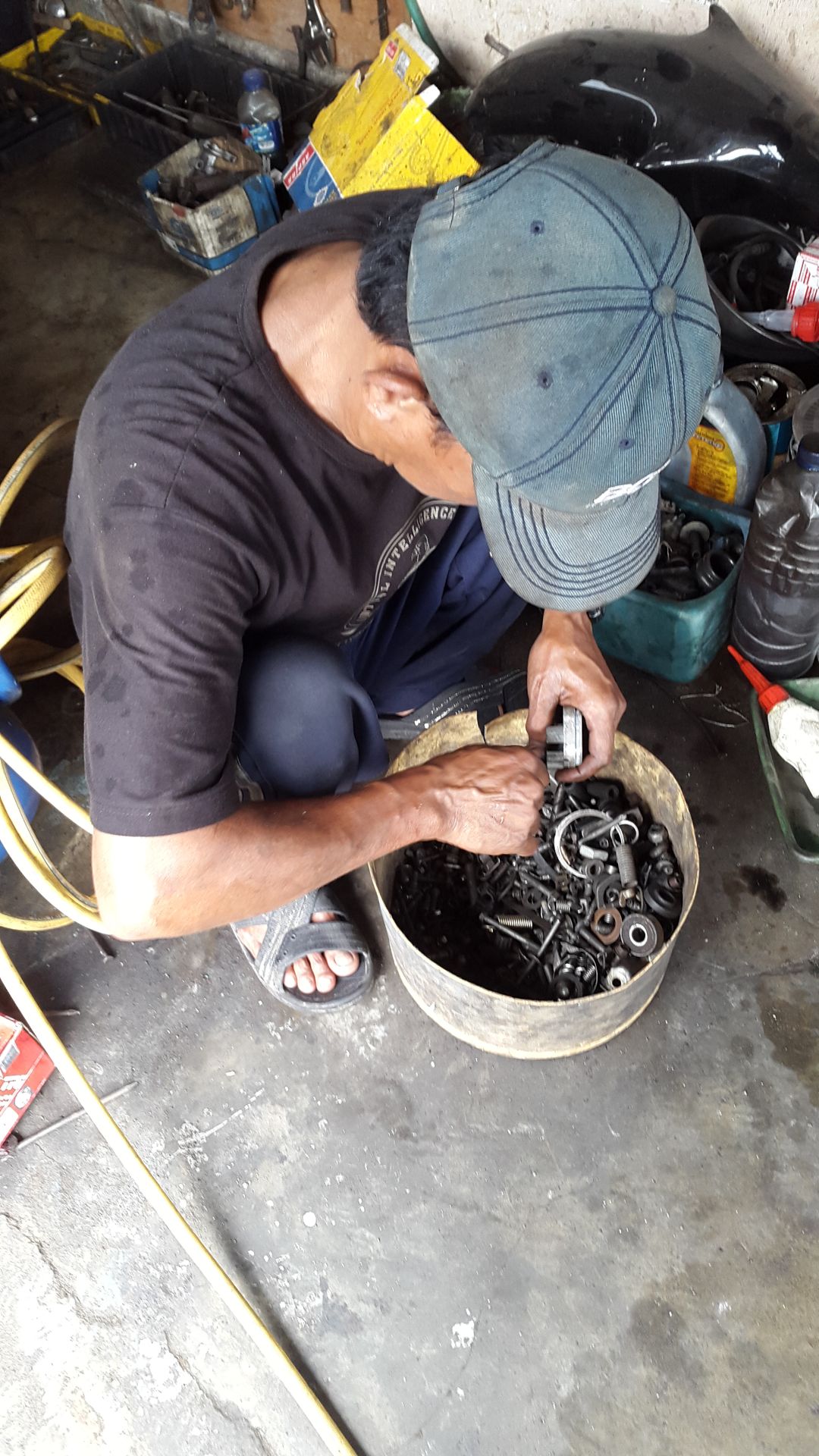
If a part needs to be replaced, it is searched for in the spare parts bin.

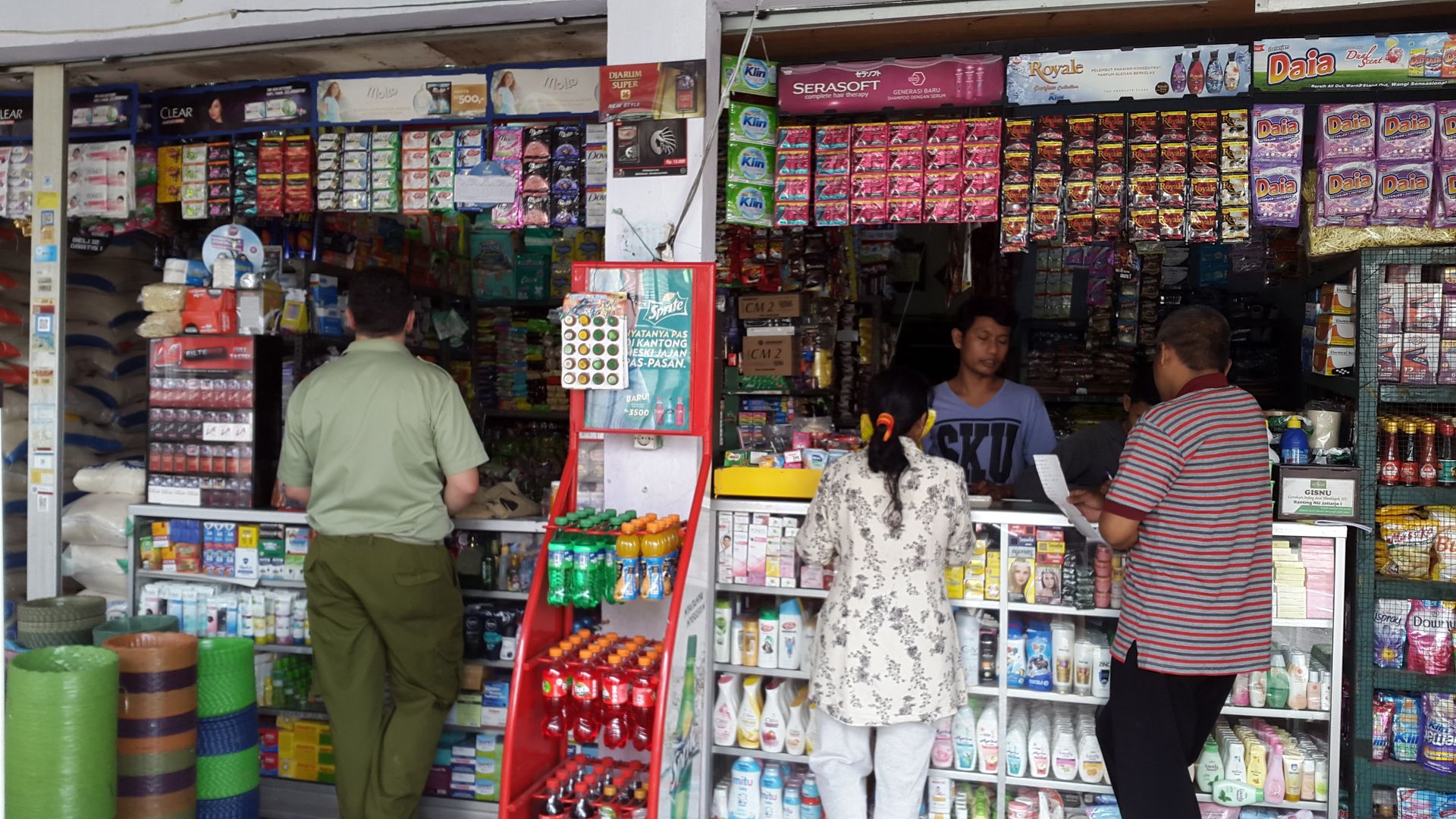
And this is our little supermarket or 'the little shop' not far from the park. It closes around 12 o'clock and reopens around 4 o'clock. Sometimes it's just closed without any apparent reason. Here you can find the essentials like coffee, cigarettes, eggs, sweets, some medicine, hygiene items, etc.
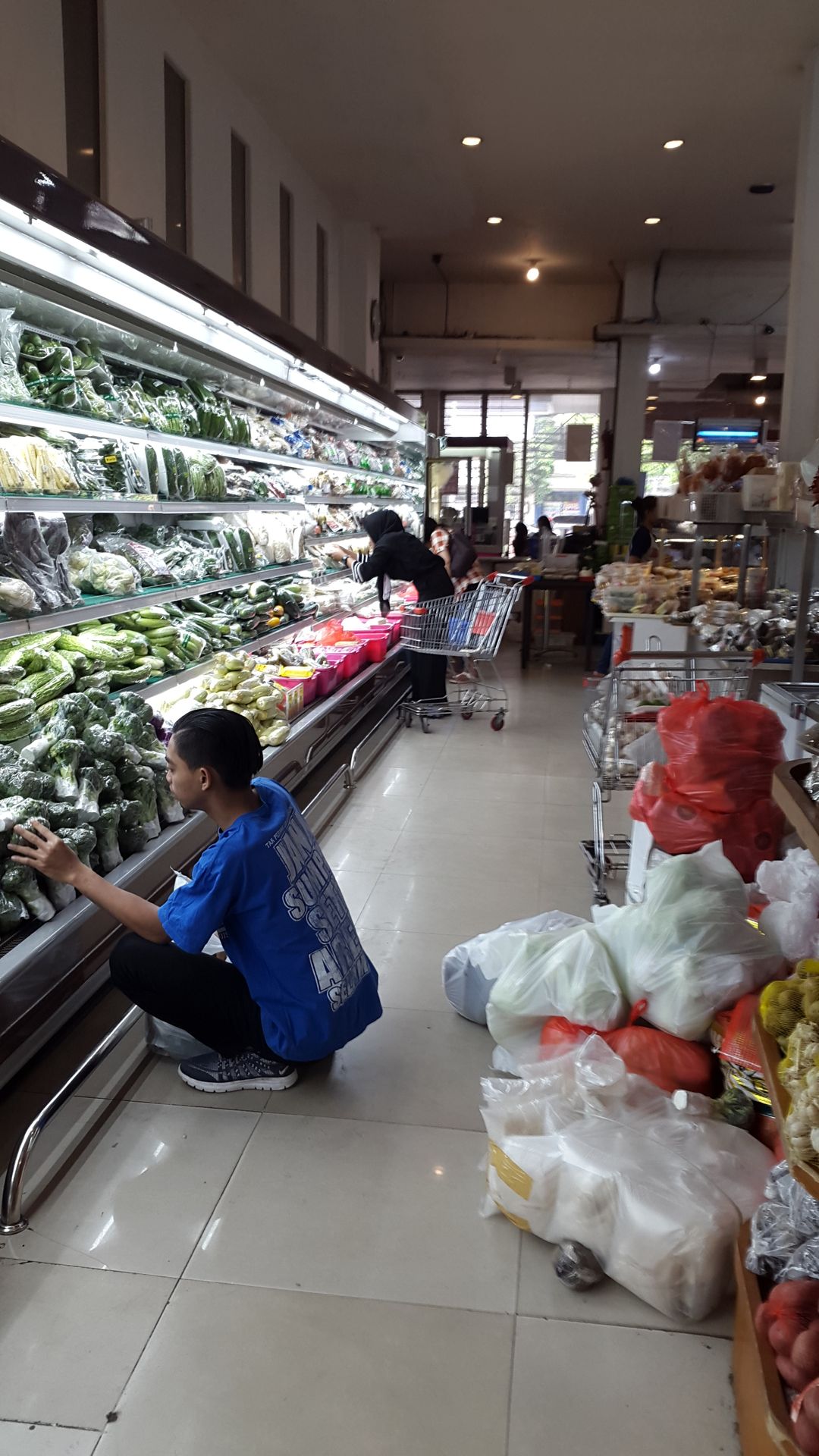
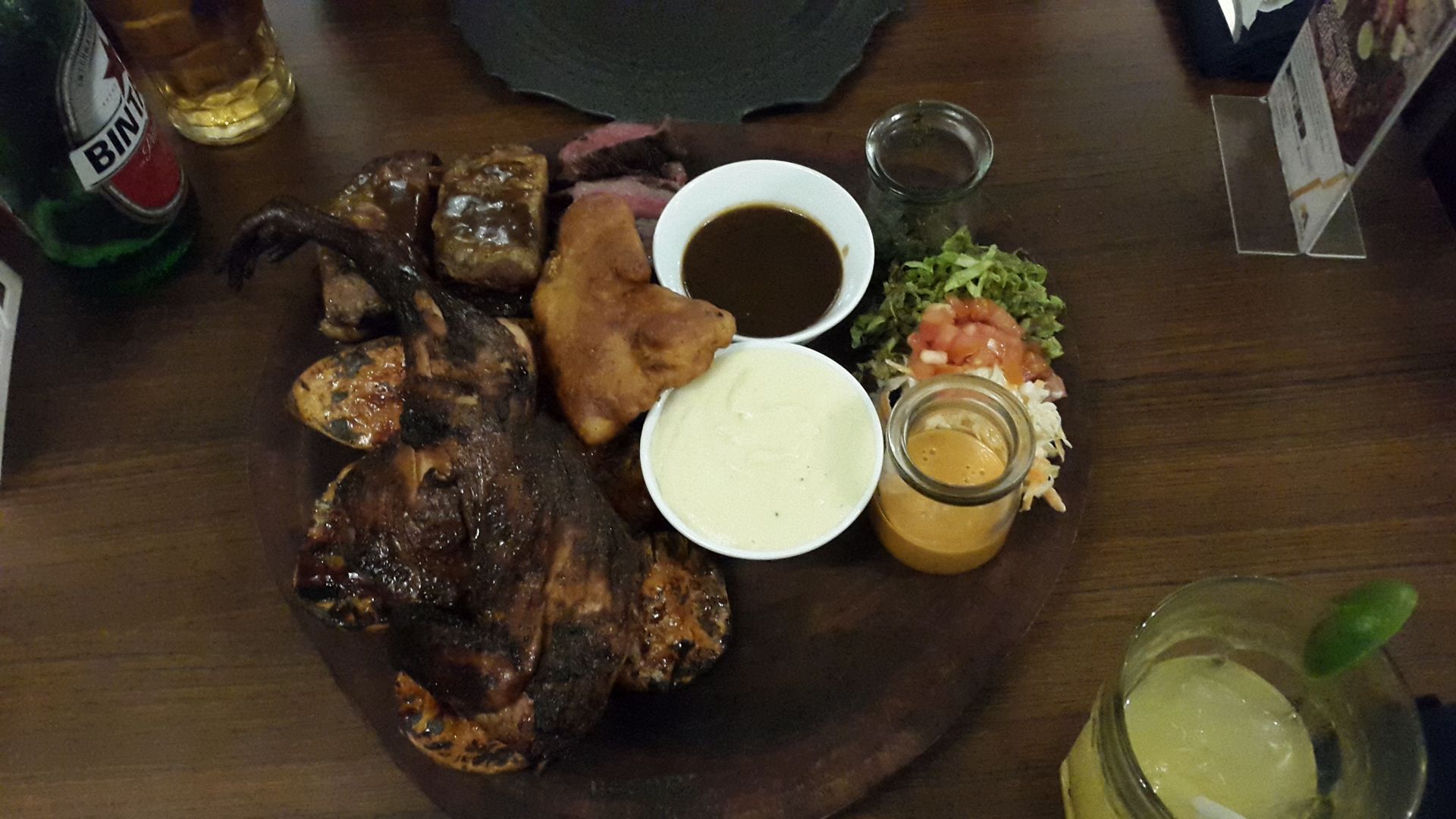
And when we're in Malang, we don't miss the chance to visit the 'Hungry Kitten' to eat delicious burgers or fantastic plates. And usually, we also meet Jochen and Adyah for food and/or beer.
Recently, we explored the area a bit because we realized that we had never been to Prigen before. Prigen is a bit far, but since it's the nearest big city, the Taman Safari is called 'Taman Safari Prigen'. Prigen itself is not very spectacular, but at least now we know what it looks like there. Near Prigen, we discovered a waterfall and took a closer look. The surroundings were really beautiful, but unfortunately, it started raining. And rain in East Java during the rainy season means it pours like buckets for what feels like eternity.
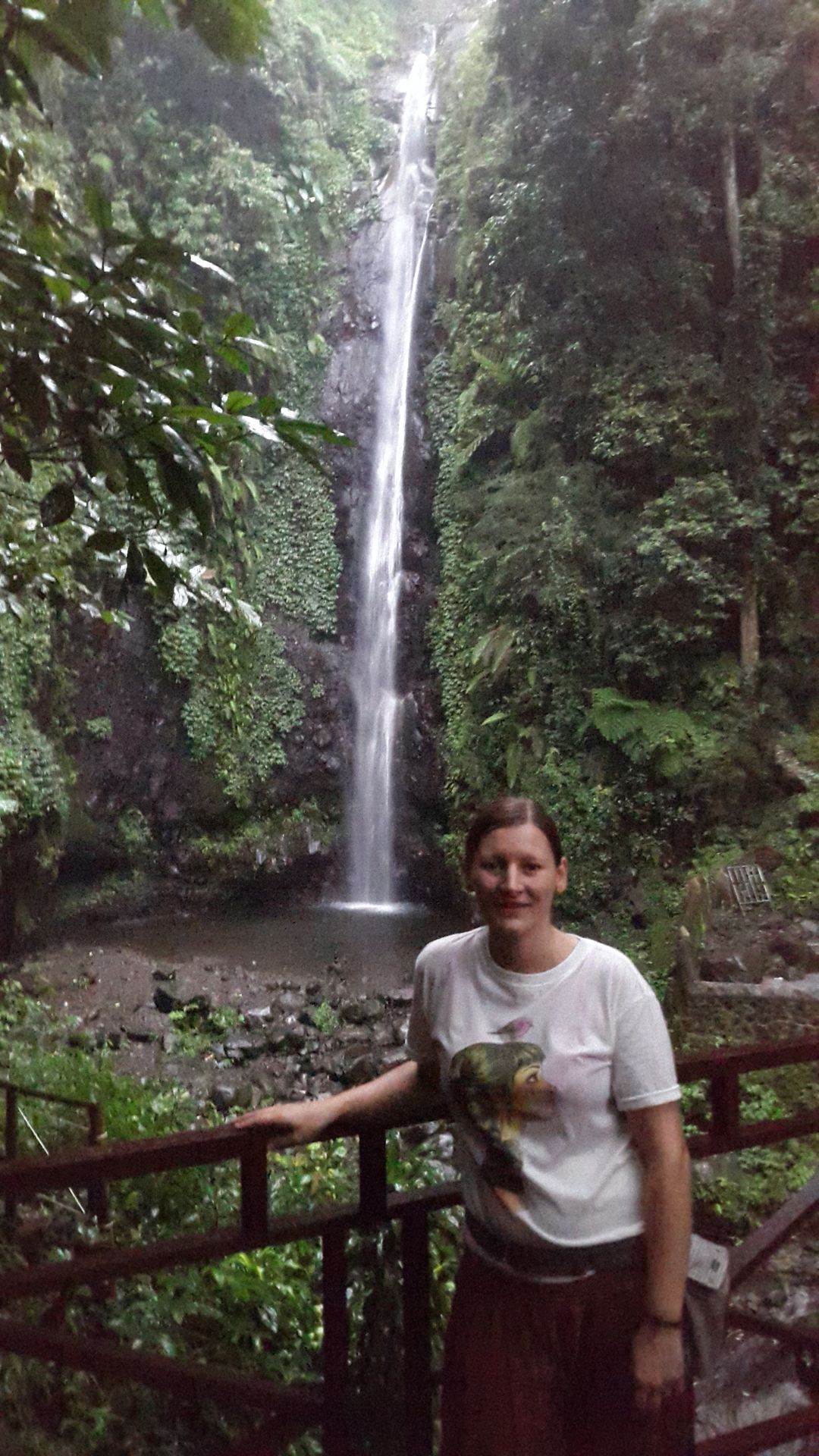

When we arrived home, we were pretty wet and freezing. But luckily, we have a practical double poncho for the motorcycle. Roy didn't feel like taking photos.
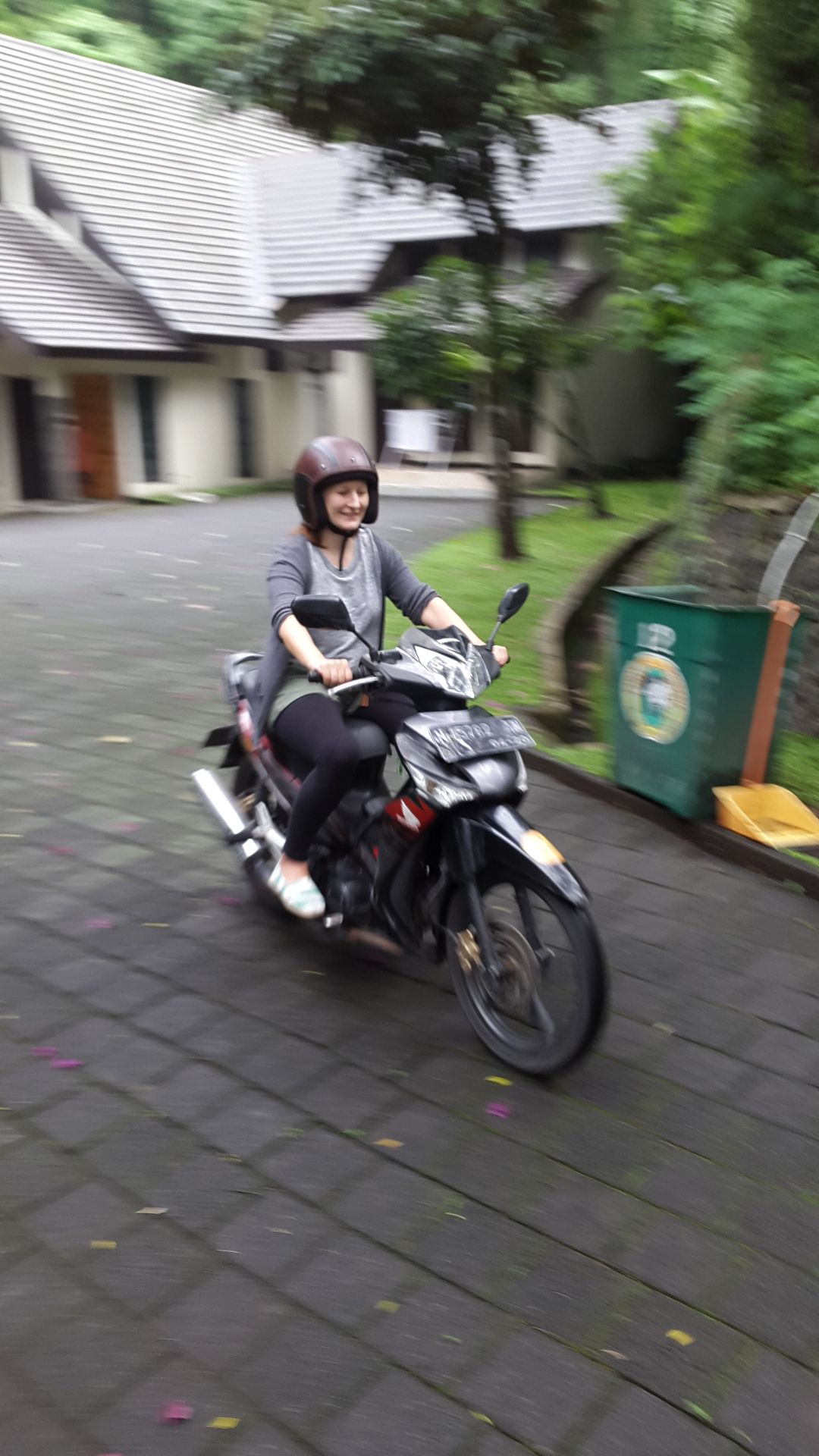
In mid-February, we had another visitor from Germany. Roy's father, Roy's uncle, and a friend of his uncle came to visit us for a few days and combined it with a vacation in Southeast Asia. Since the men are very interested in animals, the activities were more animal-related. We went to the bird market and the Eco Green Park, where the curator personally showed us around (thanks, Jochen!), and of course to the PCBA and the Taman Safari. Thank you for visiting! Here are some more impressions from the bird market:
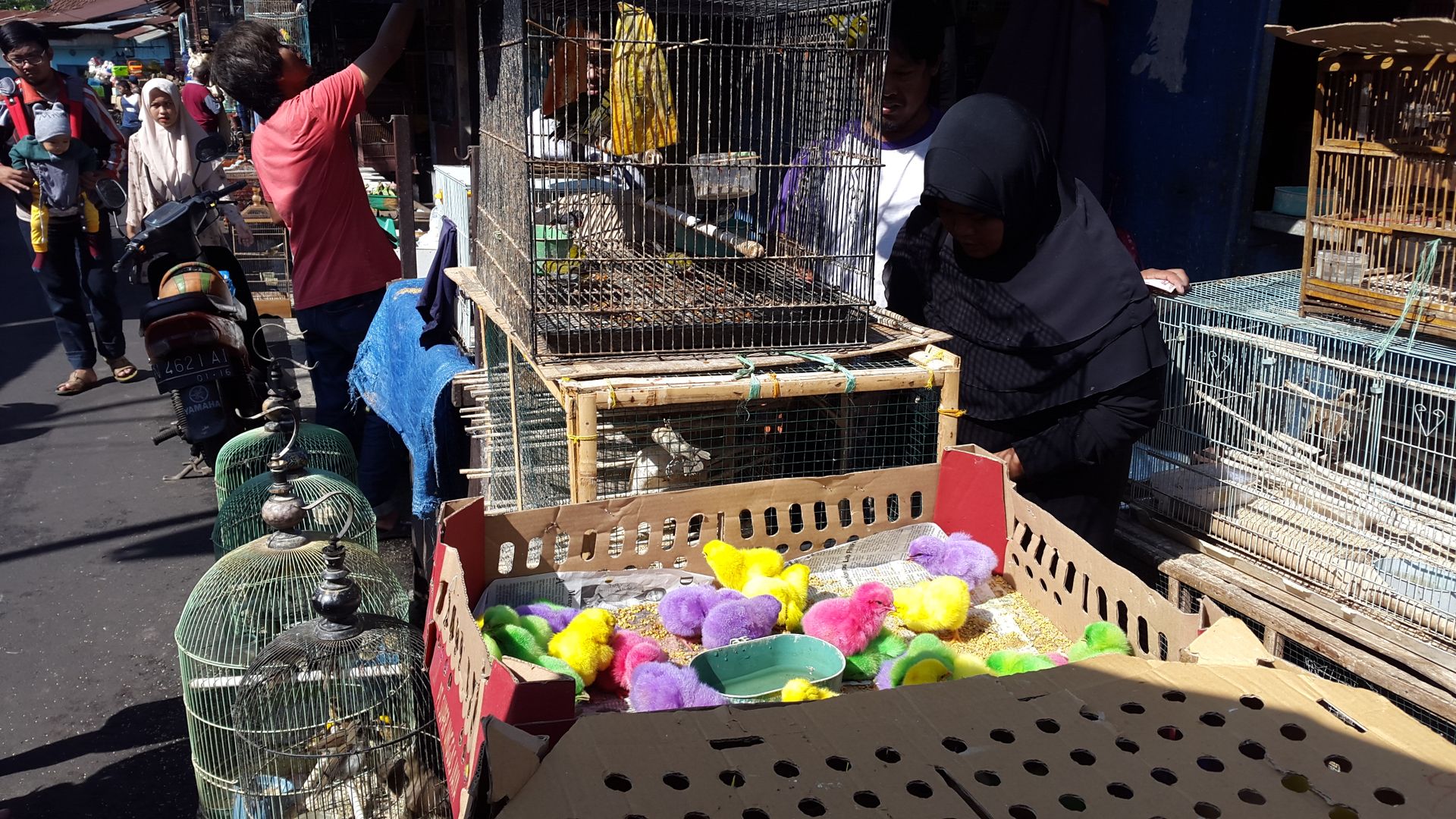

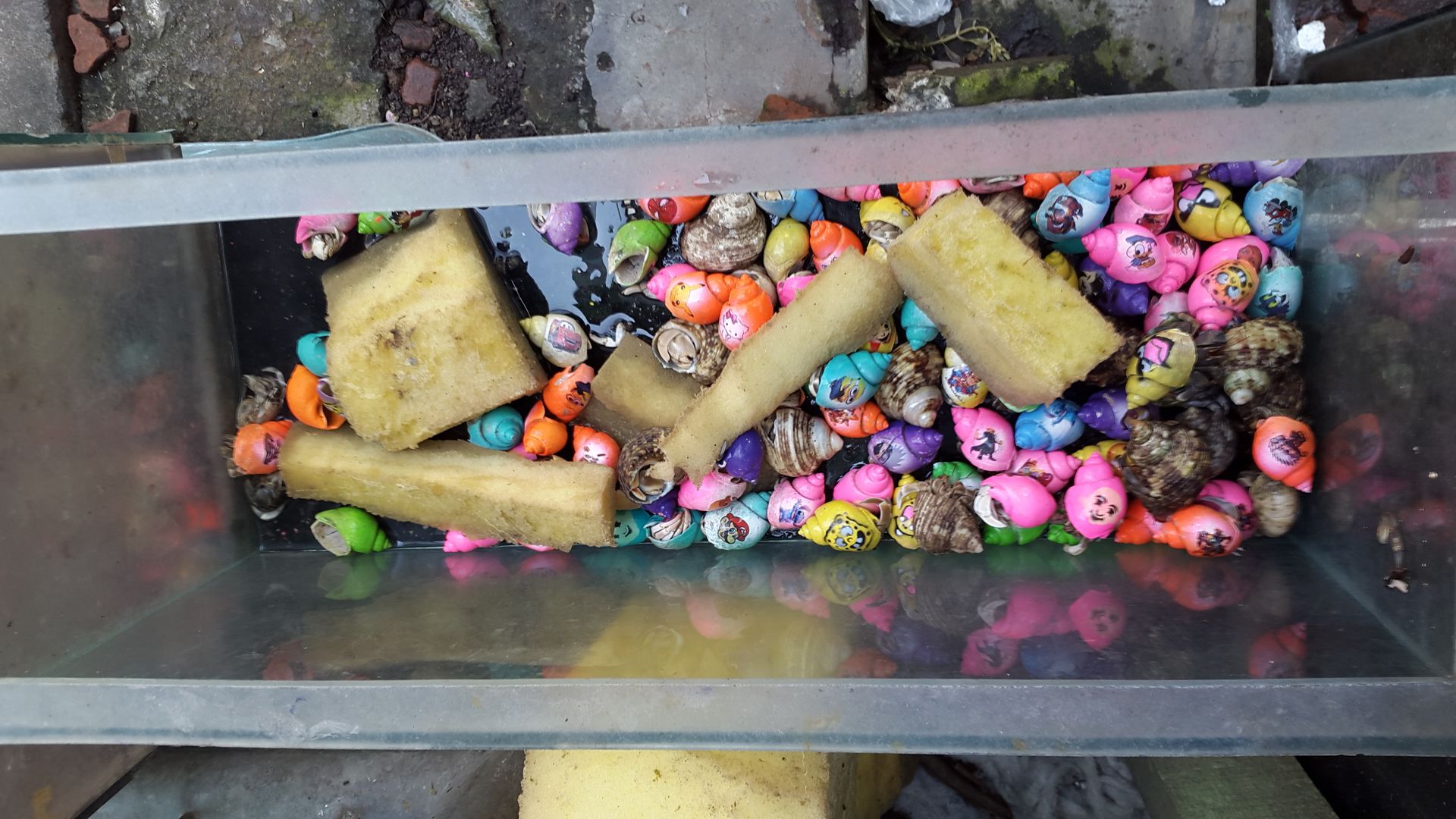
These crabs or their shells are decorated with comic motifs. To match, there are equally kitschy plastic or foam houses in which you are supposed to put the animals. I don't think the buyers know how or that they need to feed the animals.
In early March, we had the next visit. Roy's mom, Roy's sister, and a friend of his mom also came for a few days and also visited Java and Bali for the rest of their vacation. Like the men before, they brought plenty of gifts, delicacies, and desired items from Germany. Thank you for that! The program with the women was more cultural. They visited the PCBA and the Taman Safari, but we also went together to a traditional market in Malang and to the colorful city 'Kampung Warna Warni' (translated: Colorful Village). On the last day, we had a guided tour of Kaliandra with its eco-farm. 3 great days that were also really interesting for us. Thank you for being here!
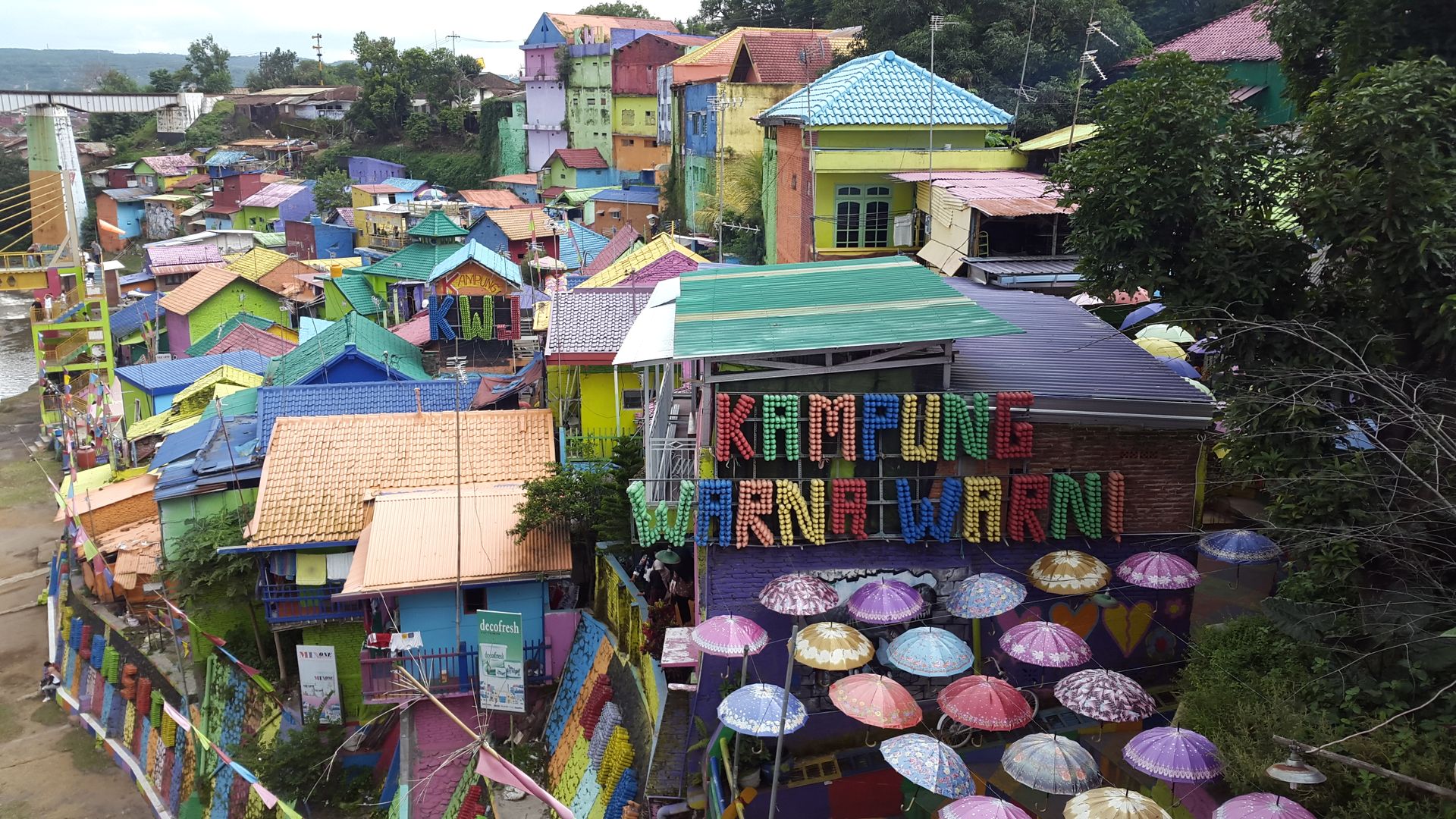
The colorful village used to be a slum that was supposed to be cleared by the local government. A few students then had the idea to paint the houses in bright colors to attract tourists. The colorful village has now become a tourist attraction.

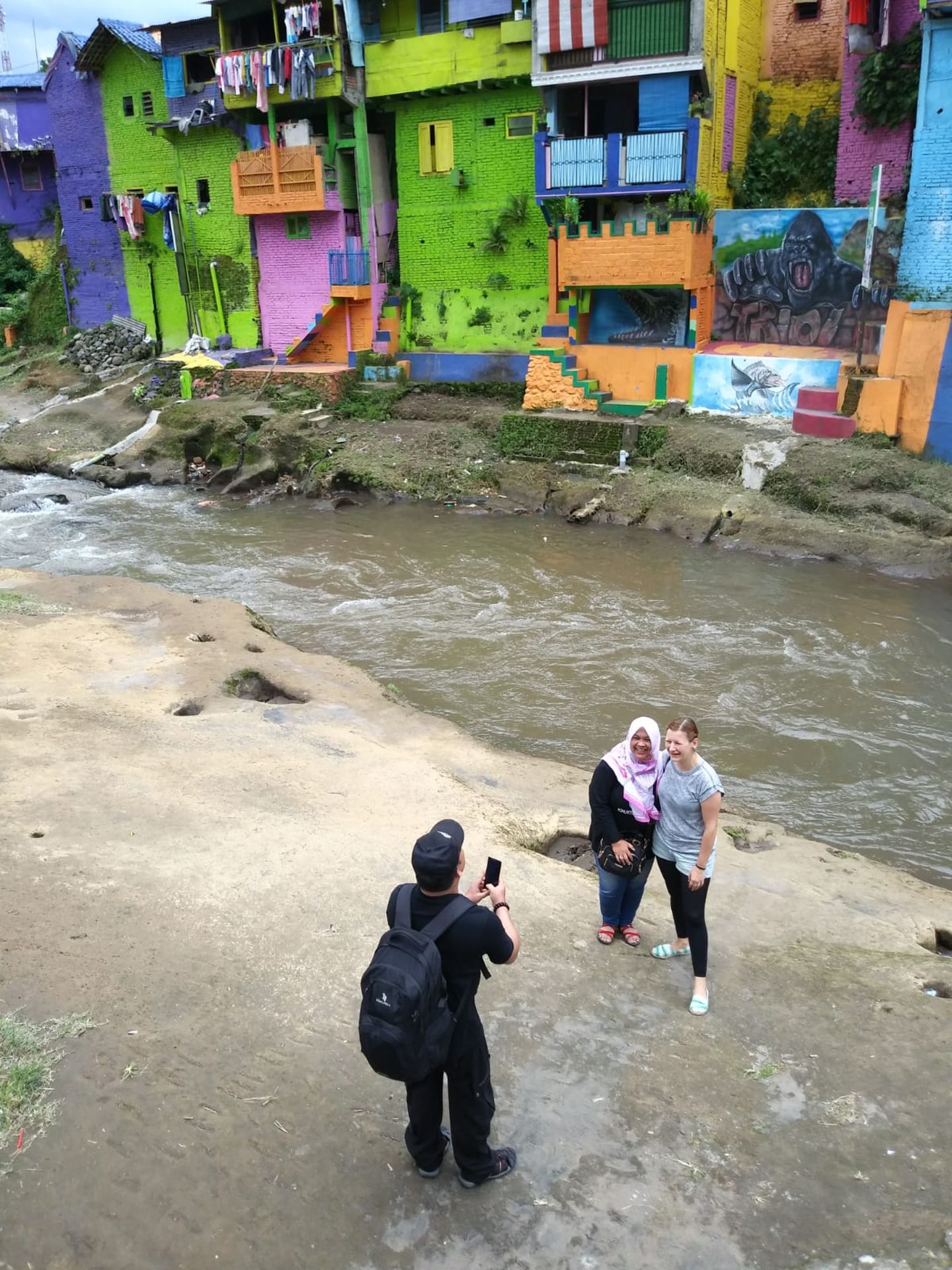
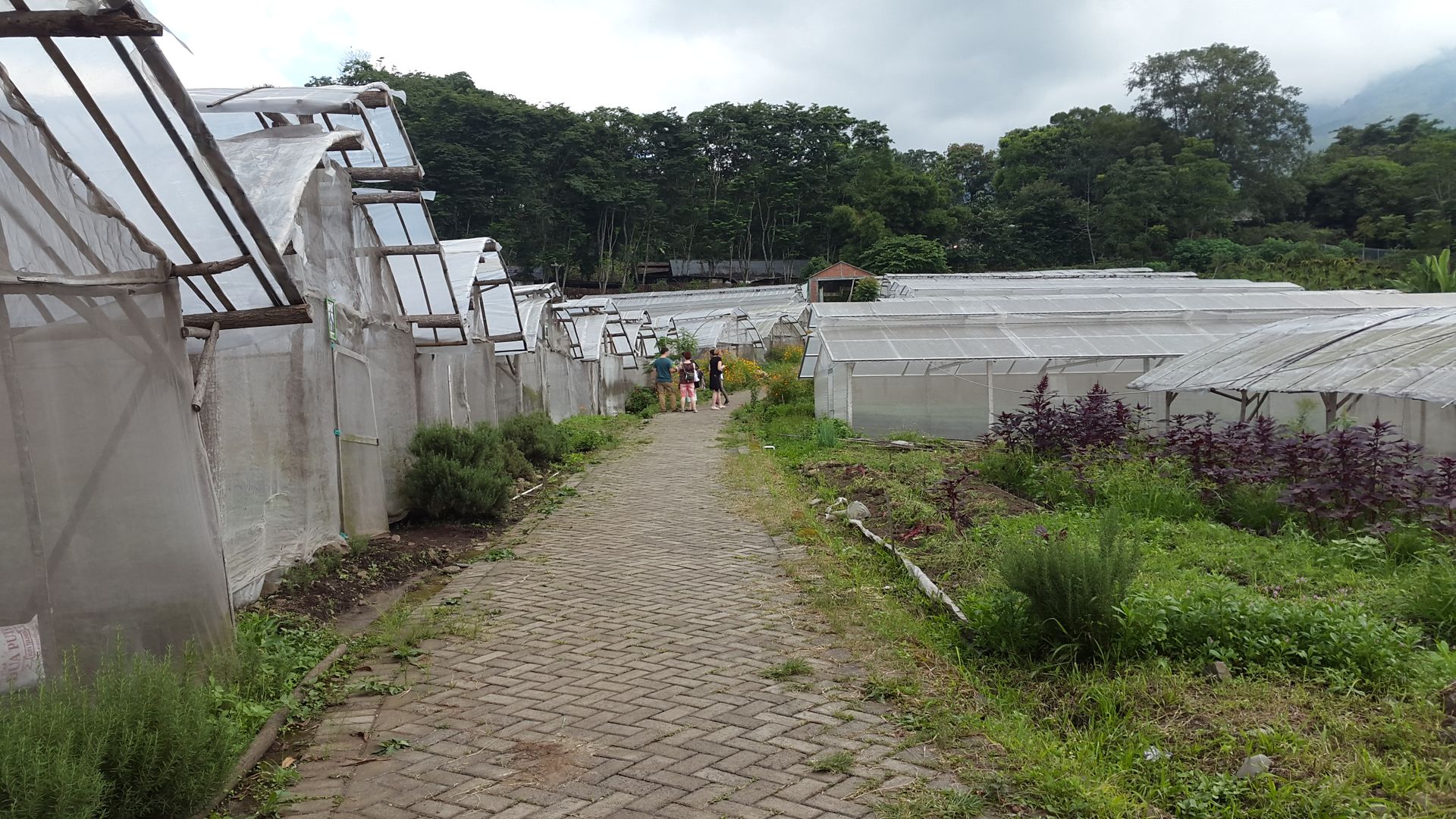
The tour of the eco-farm of the Kaliandra Resort was my personal highlight. We have been here so many times and never learned more about the hotel complex and the farm. This time, I was even allowed to legally taste: mulberries, arugula, dill, etc., I enjoyed it all.
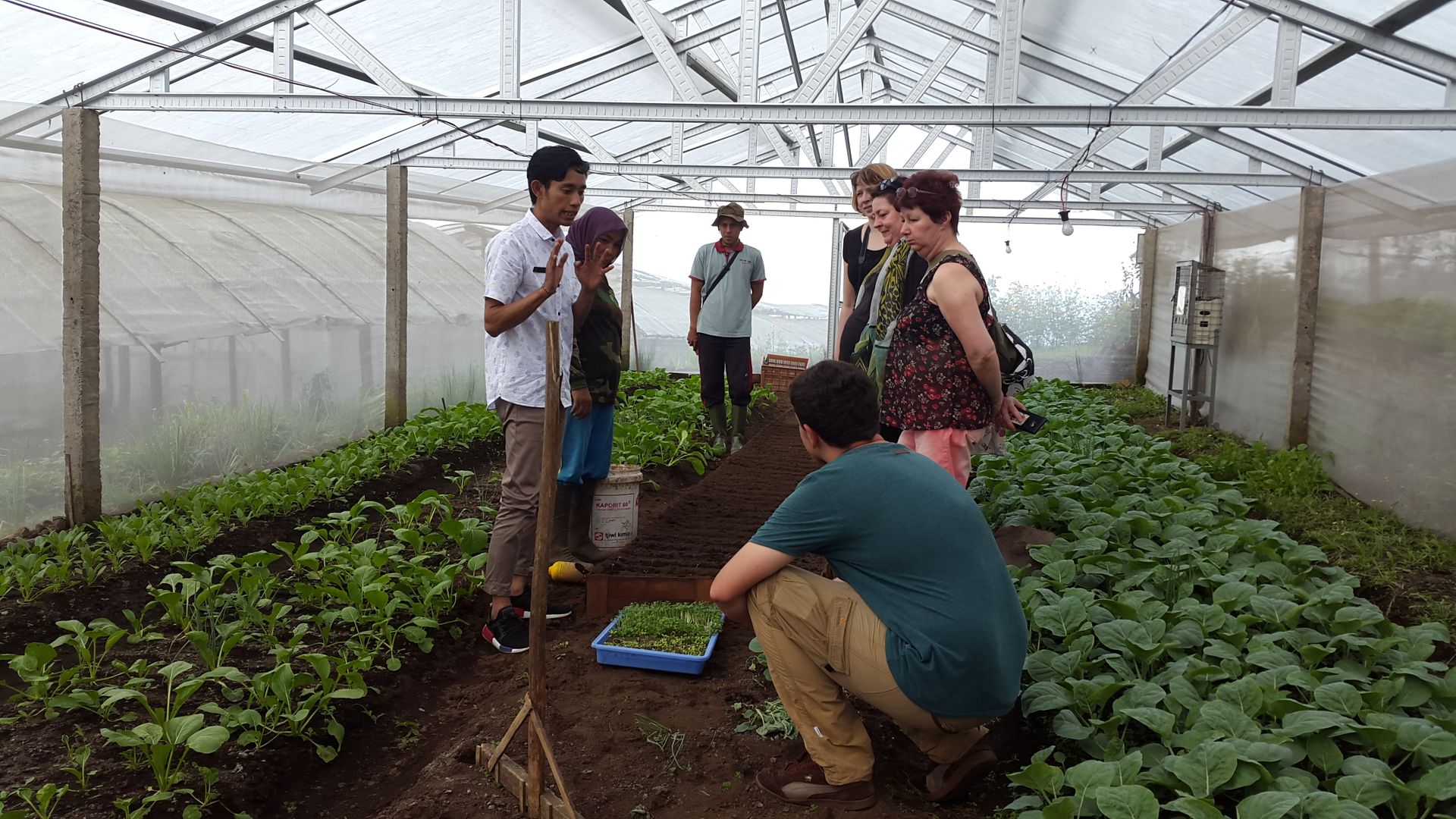
Especially our guide impressed me. He only completed elementary school and then worked as a street sweeper for years. At some point, he wanted more than just sweeping streets and continued his education on his own, learned English, and studied religions. And his English was really good. At the moment, he is learning French.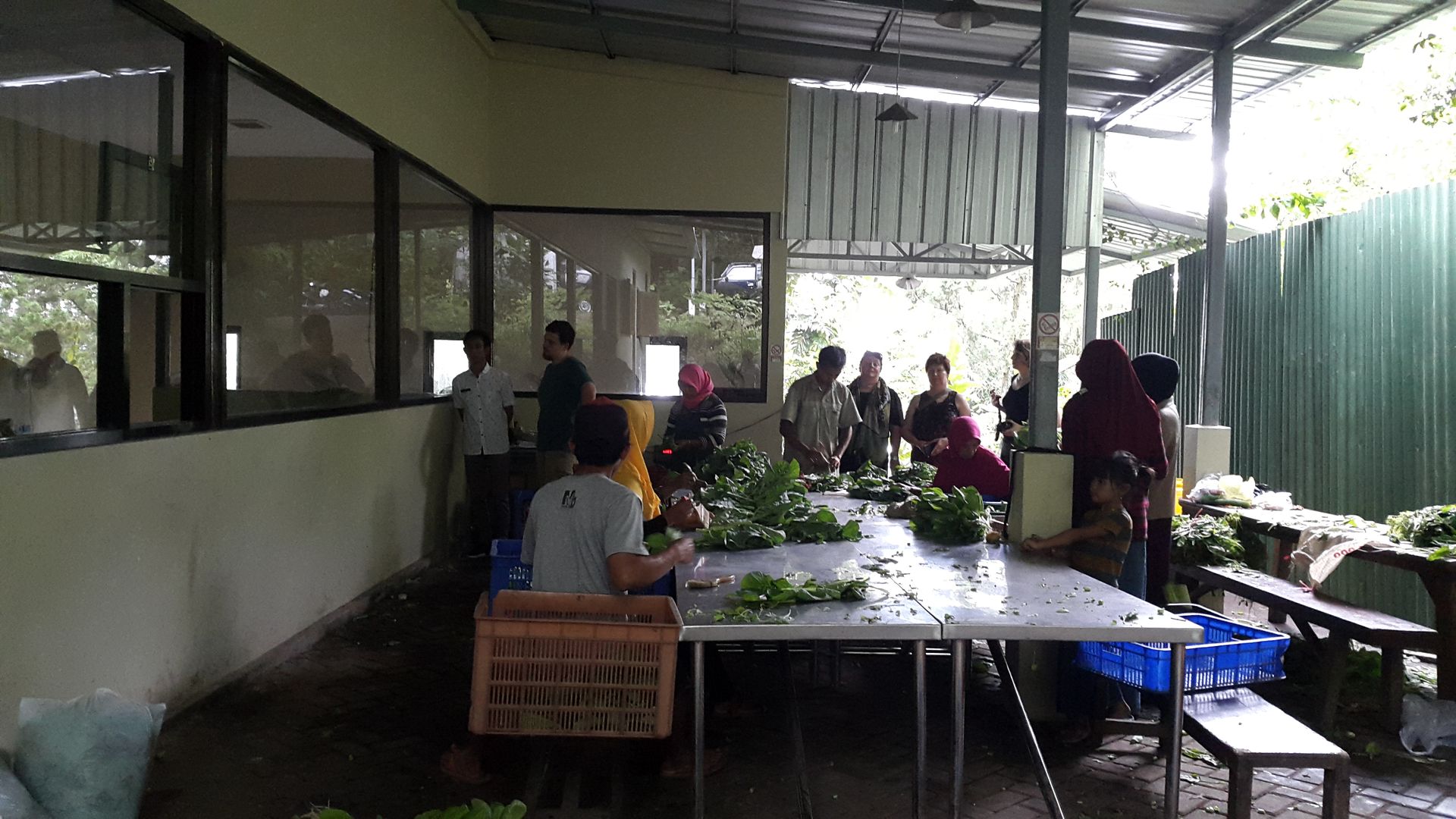
In the packing station, where fresh vegetables are cleaned and packed for sale in selected stores, we were given a bag of vegetables as a gift. All organic. And really organic.
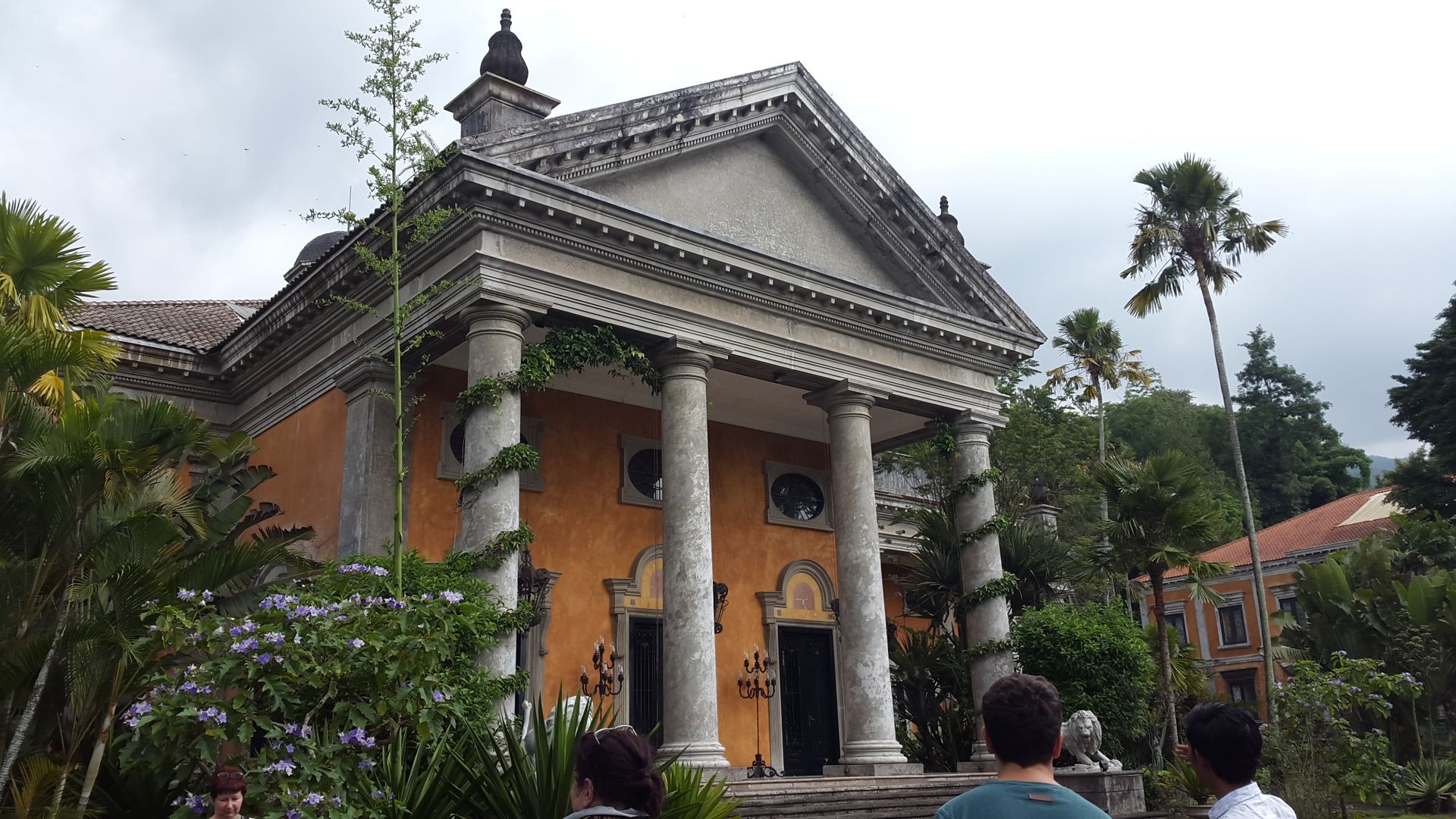
And this is the house of the owner of Kaliandra. Just the entrance with the reception hall. The rest is 10 times as big. He is over 80 and lives alone there.
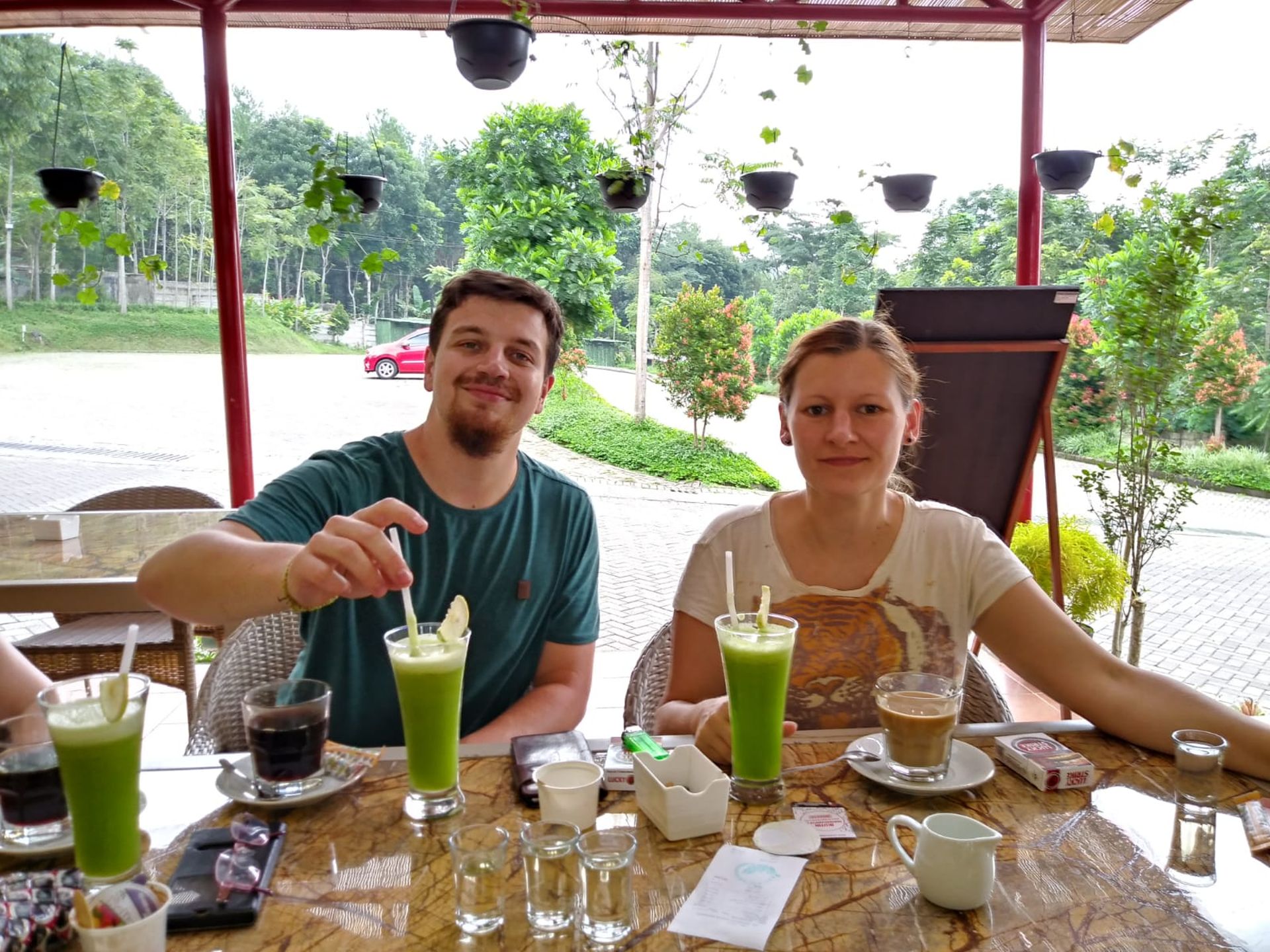
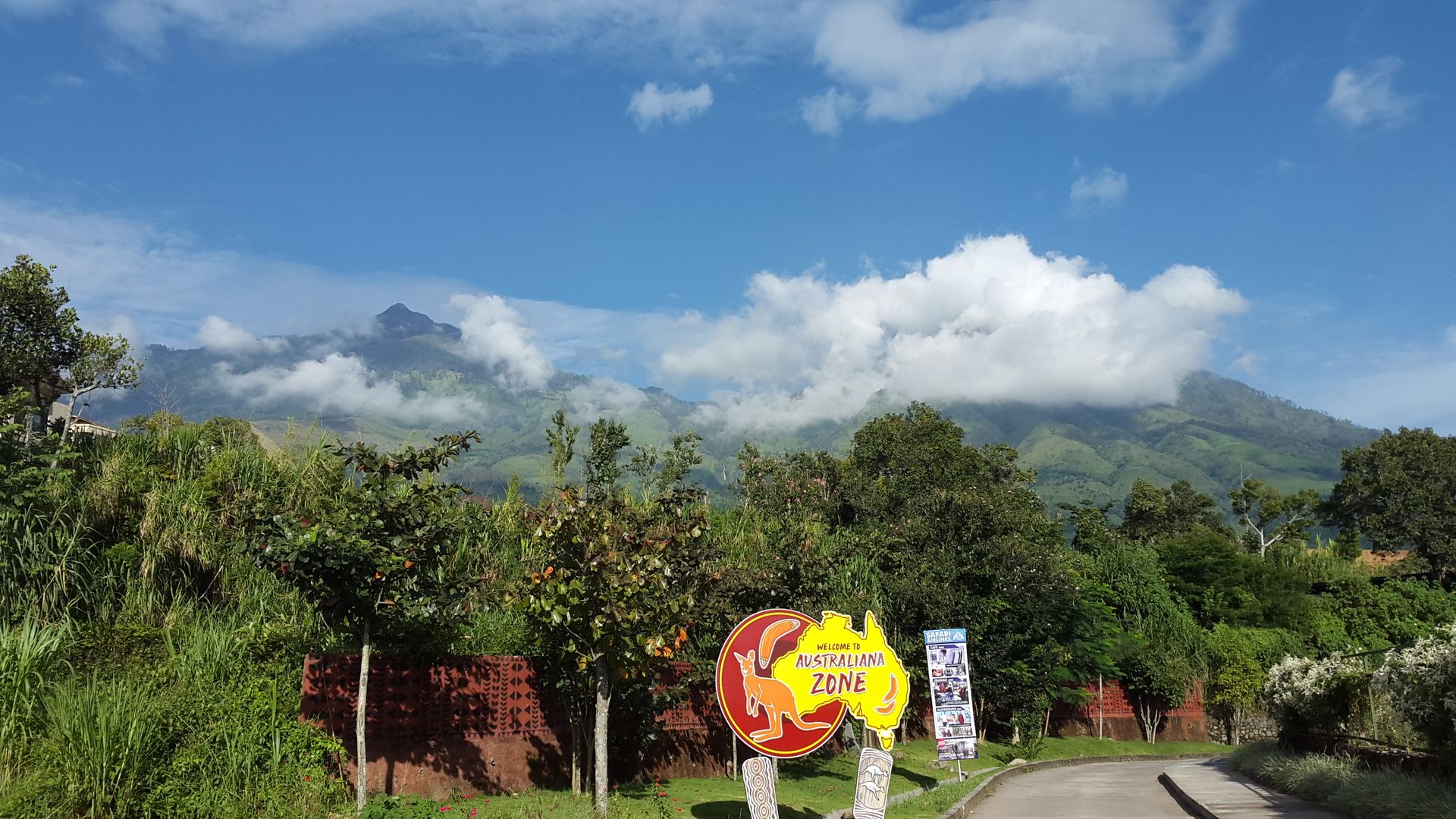
Here is the beautiful view of Mount Arjuna from the park.
We never know what will happen and things can change faster than we think. And so it happened that Tony (the boss of the Taman Safari parks) one day visited Taman Safari Prigen and talked about the Bali Starling reintroduction project at Bali Safari. The Breeding Center needed support, someone to take care of breeding and contribute to optimization. And to help with the preparation for the reintroduction on April 26. It sounded great. And so I ended up at Bali Safari and Marine Park in Bali. But let's go back a few steps because before that, I had to leave the country again to get a business visa. 'Business' sounds great and important, although unfortunately, it doesn't make me a rich businesswoman. But I can pretend at immigration at the airport ;) In Singapore, I spent nearly 5 days, although only 3 days were planned. But I had to see a doctor again because my symptoms did not improve and I wanted to have it checked again. Through various examinations, blood tests, and waiting for the results, I had to extend my stay by 2 days. In the end, not much came out of it, but I was over 1000 euros poorer. Singapore is an expensive place. But luckily, I have international health insurance! The days in Singapore were really nice, and it was fun to explore Singapore alone. Next time, I want to visit the Botanic Gardens (which, by the way, are free) and explore some other corners of Singapore. Hopefully, with Roy!
If you ever land at or have a layover at Singapore airport and have some time, you should definitely visit the Butterfly Garden in Terminal 3. There are many species to discover, a breeding station, it smells pleasant, and it's usually quiet. Right next door, there are also great seating areas, coffee bars, and a smoking area. A perfect place at the airport to pass the time. There is also a cactus garden in Terminal 1, which is also very worth seeing.
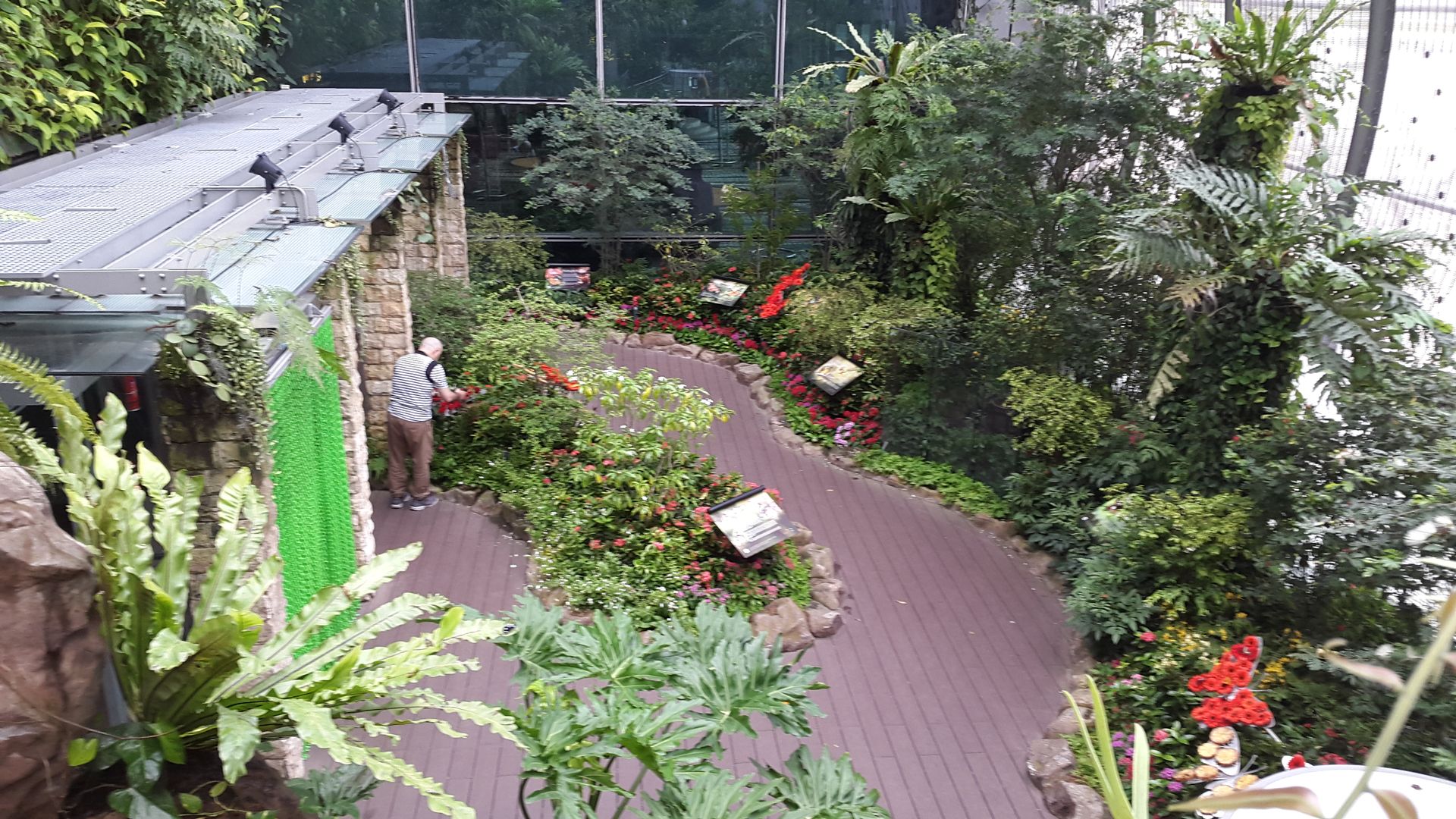
The Butterfly Garden in Terminal 3.
Finally in Bali!!! On March 30, I landed in Denpasar. Just about 1 hour away is the Bali Safari and Marine Park, where I will now 'do business.'
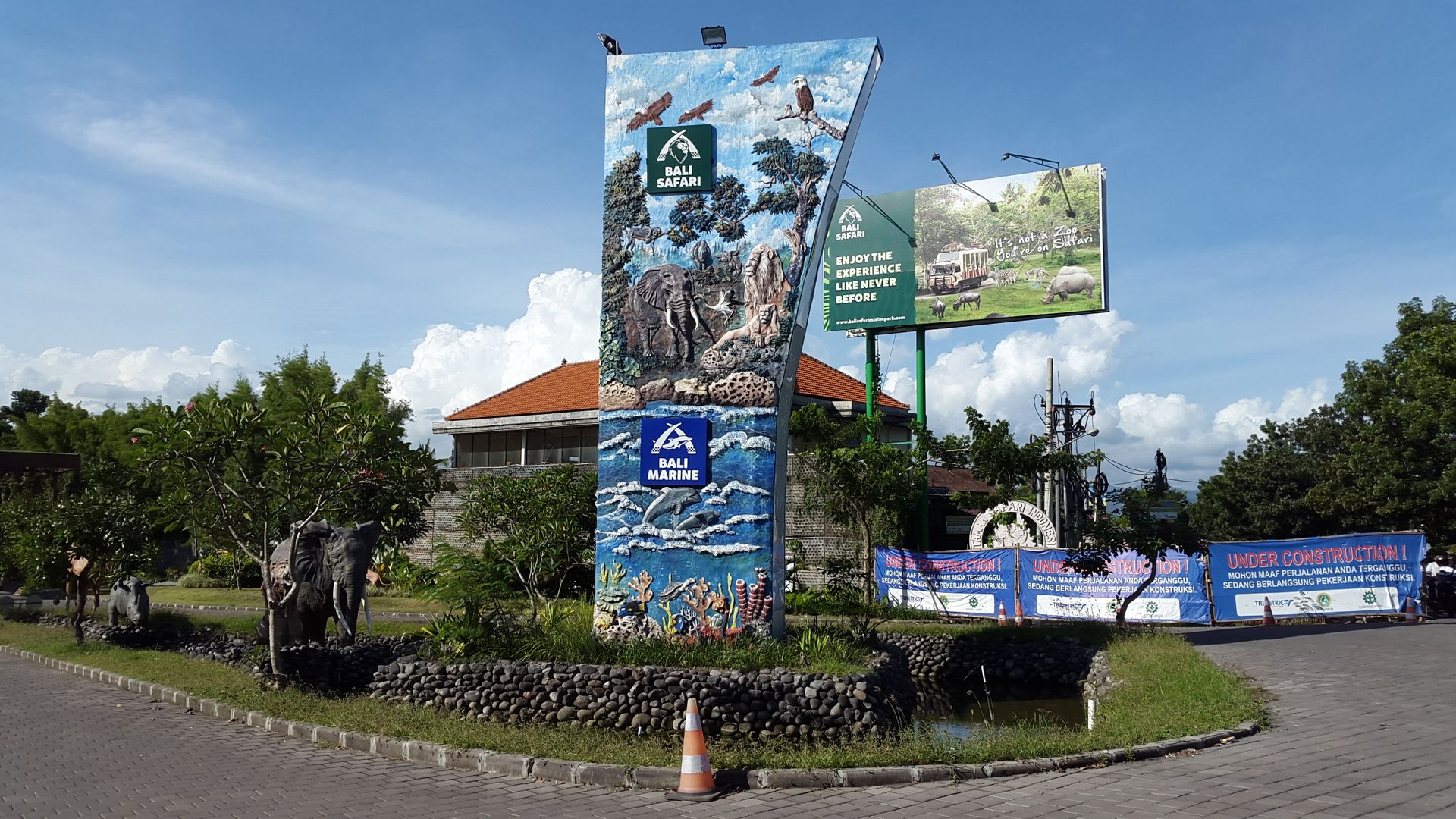
The entrance to Bali Safari and Marine Park, the Marine Park is still under construction.
Upon arrival, I first met the HR manager, who then took me to my accommodation. I live in employee housing in the middle of the park with the beautiful name 'Mess Anoa.' The next day, I enjoyed the delicious breakfast buffet at the hotel restaurant and then met the assistant curator, who is also responsible for the Bali Starling Breeding Center.
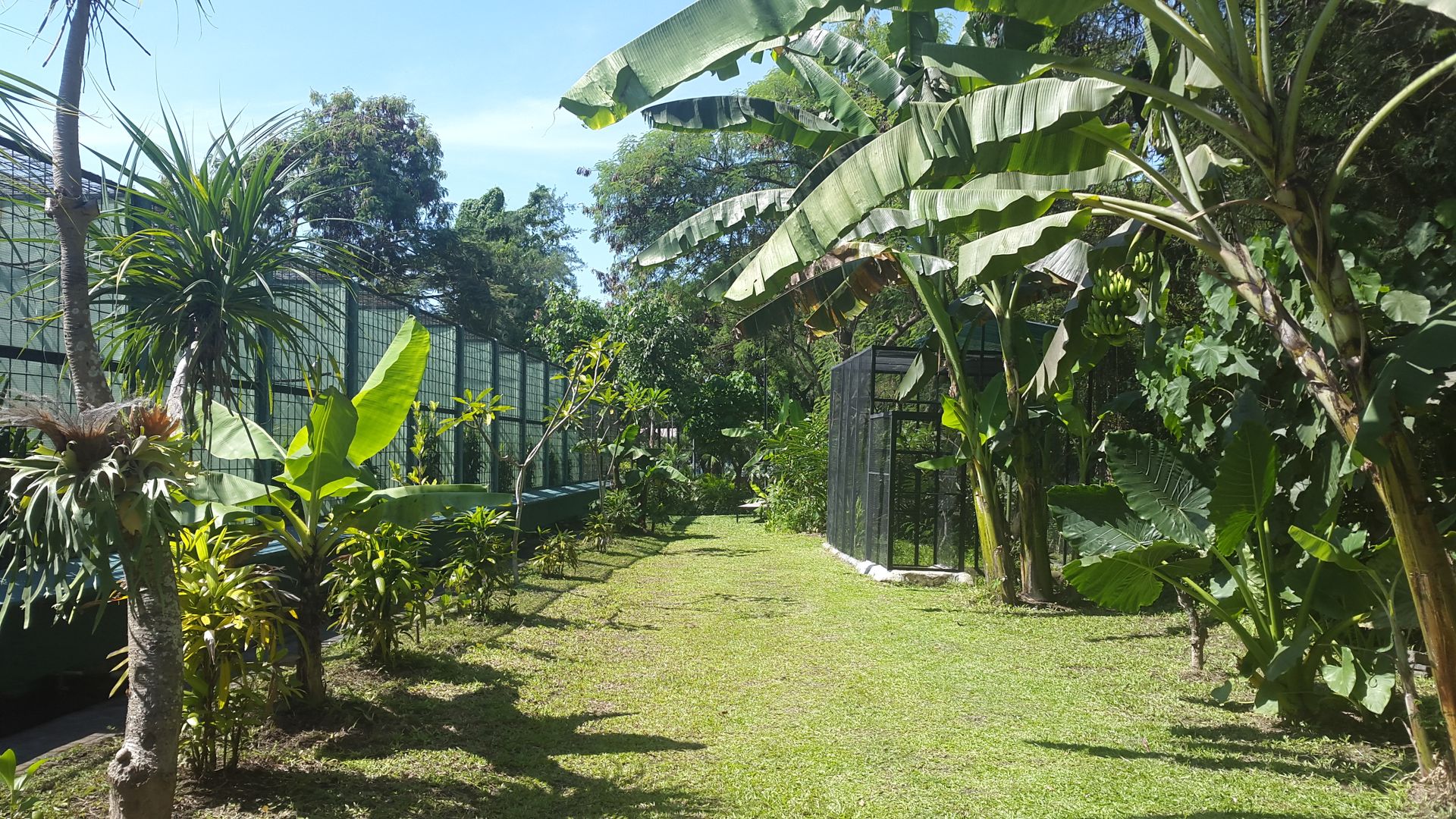
On the left, the Breeding Center with 24 enclosures, and on the right, a single breeding aviary.
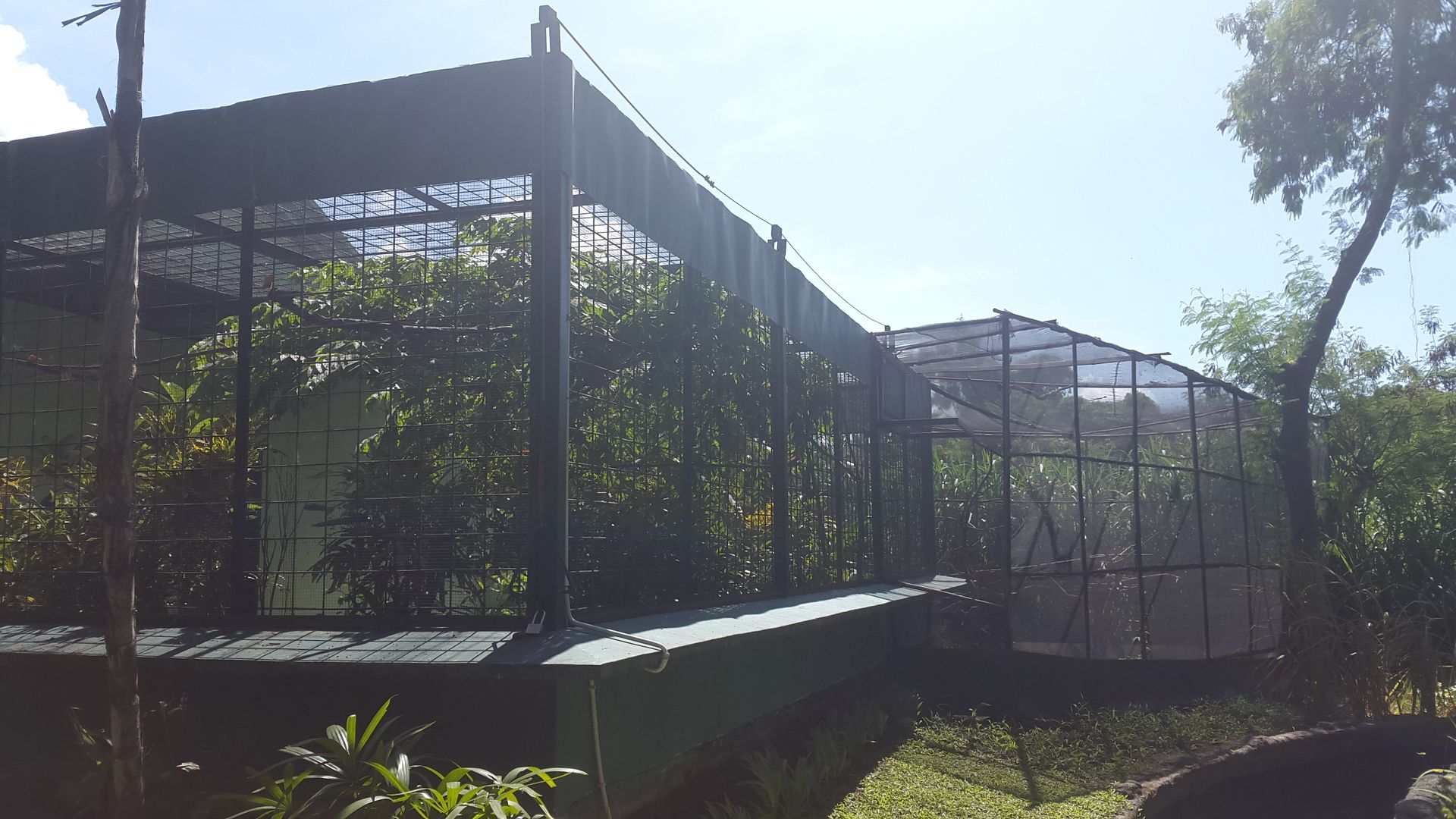

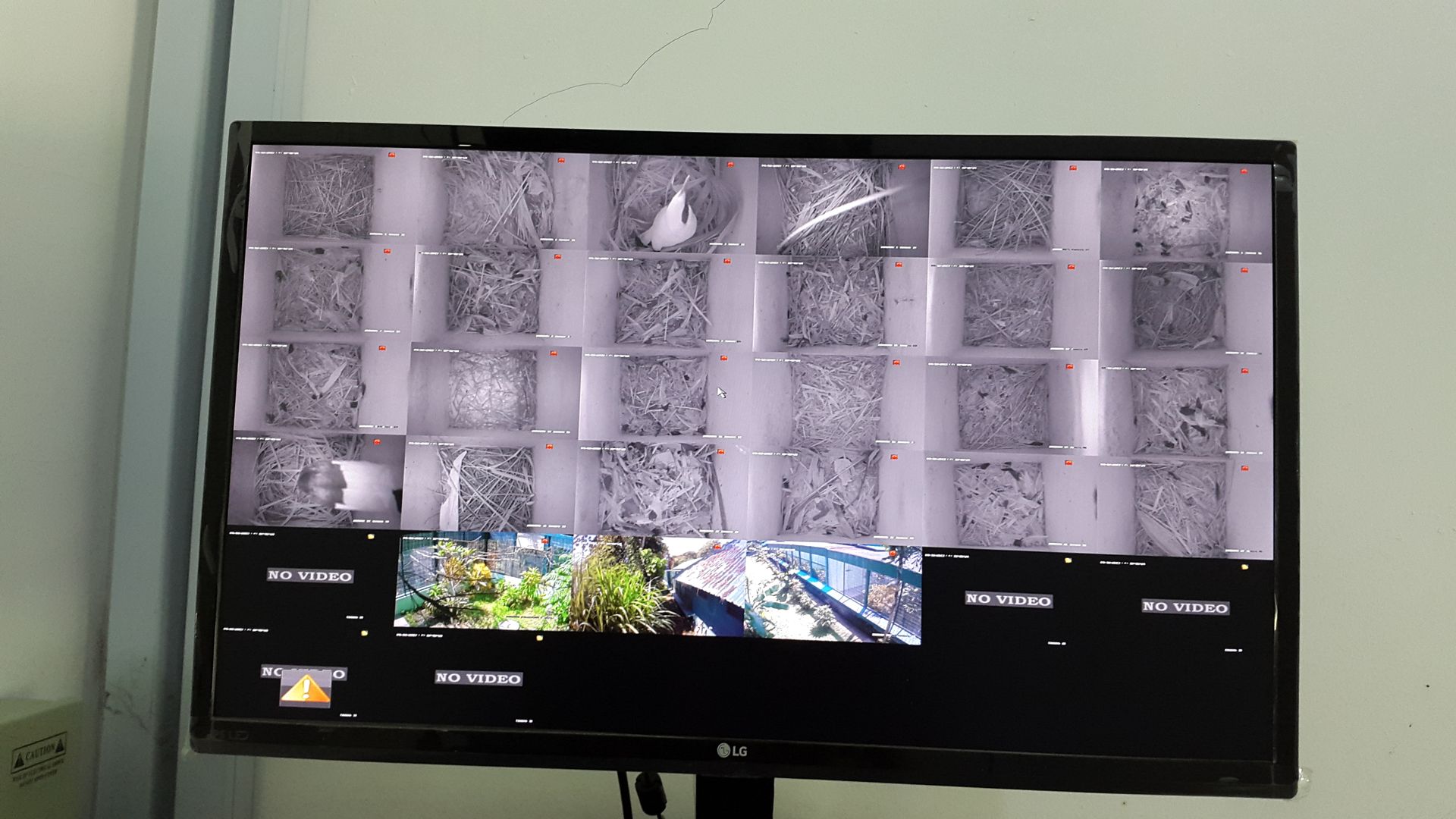
The new sign for the Bali Starling Breeding Center (BSBC). Looks really fancy!
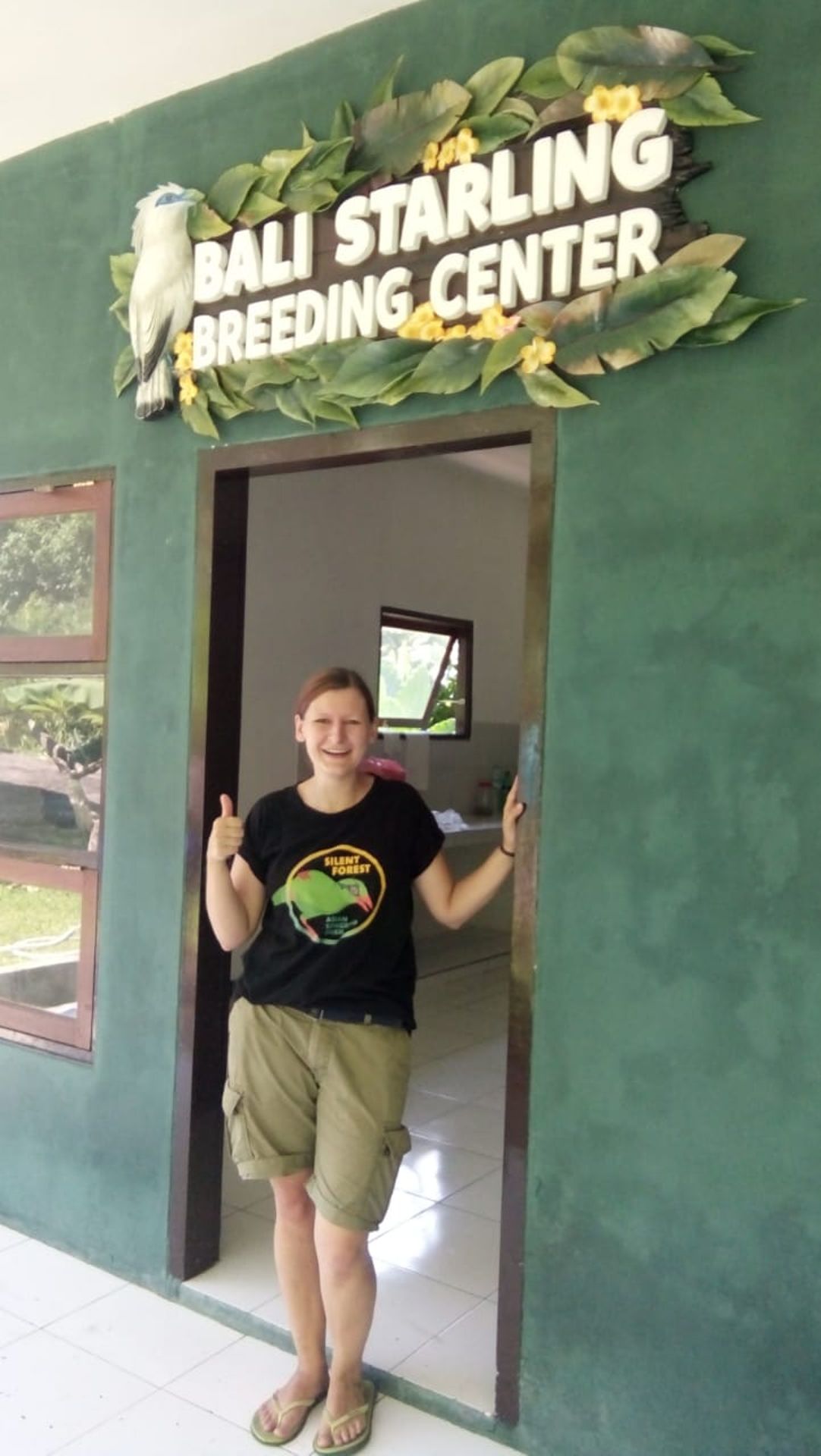
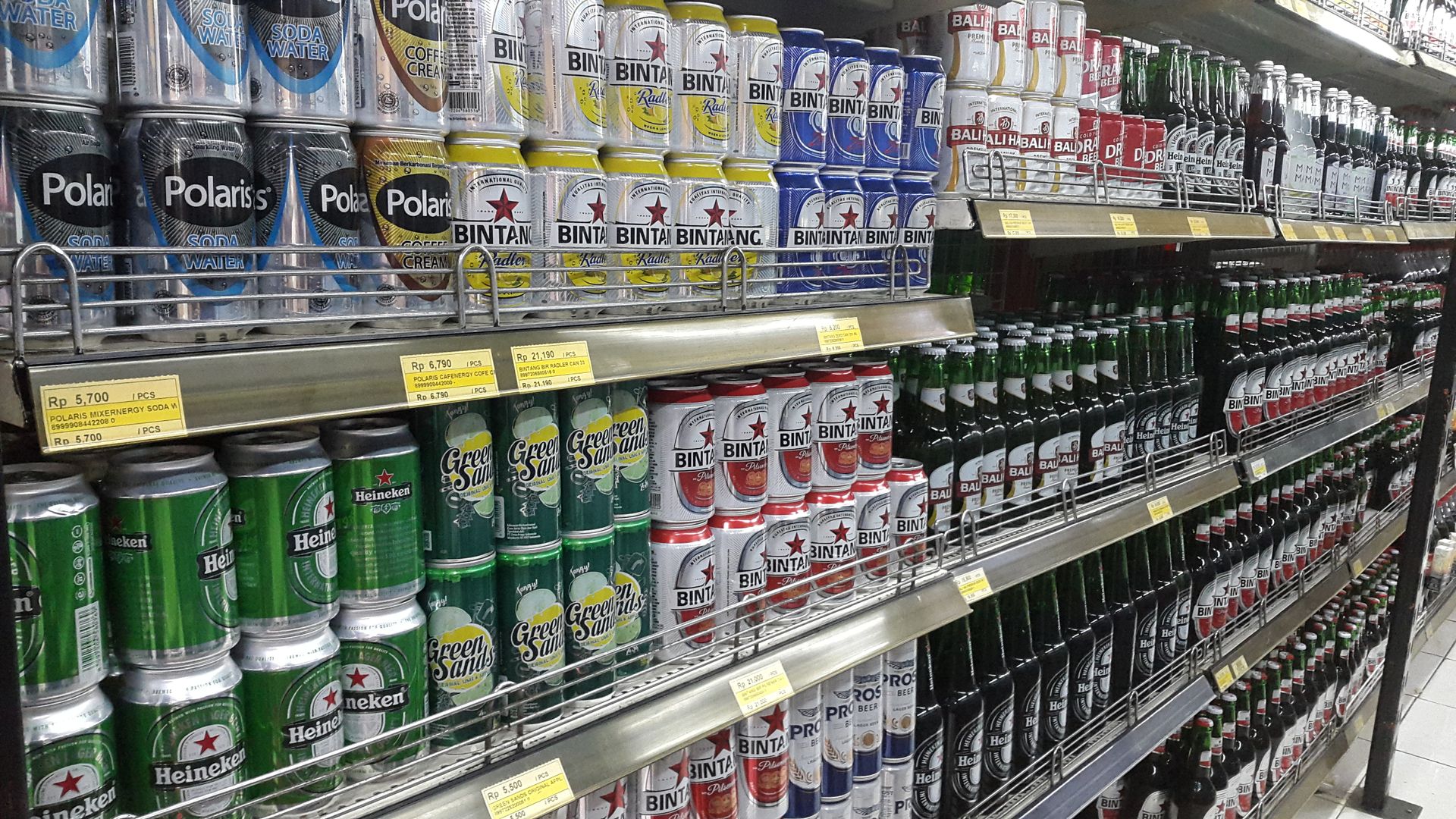
My tasks for the next 4 months are to instruct and support the keepers, optimize breeding (plus care, handling, feeding), help with the preparation for the release, and observe the birds in the park after the release. And the curator asked me if I want to visit the other bird areas in the park later to improve whatever can be improved. Sounds great and like a great and interesting task. However, it shouldn't be imagined too easily. Because it shouldn't be forgotten that the same standards prevail here in Indonesia as in Germany. The animal keepers in Indonesia do not have the same training as we do in Germany, and therefore, they often lack specialized knowledge. In addition, most of them do not speak or hardly speak English, and you can't get far with hand gestures and broken English when you want to explain more complex things. Furthermore, working here is under much simpler conditions, tools and equipment are scarce, and few people have heard of occupational safety here. Just one example: When I arrived here, there was no faucet in the kitchen, the dishes were washed outside with a hose and a former yellow sponge that was the size of a ping pong ball and had more holes than sponge. Although there might be something like that in Germany as well.
But the most annoying thing is that some people here often have little regard for the animals. The fact that animals also experience stress is rather foreign to the people here (no wonder, because most Indonesians themselves don't really know what stress is). They just take shortcuts right next to the enclosures, even if it causes the birds to fly panicked back and forth (or get off their eggs), or they walk into the enclosure 10 times a day. After I installed a barrier to the enclosures (which was actually already in the form of plants), no one walks directly along the enclosures anymore. At least. One keeper now asks me with every little action whether it's stress for the birds. Quite cute. And yes, it means stress for the birds, but sometimes you have to do necessary work near the enclosures.
I'm definitely doing my best for the birds. Luckily, I don't have to consider visitors because the Breeding Center is behind the scenes.
Officially, I am allowed to eat in the park's restaurants. That means a western breakfast buffet at the Tsavo Lion Restaurant in the morning with bread, bacon, vegetables, warm dishes, fresh juices, etc., lunch at the Uma Restaurant with a buffet or at one of the various counters, and dinner again at Tsavo, either à la carte or from the BBQ buffet for the Night Safari guests. Paradise!!! However, I always start work at 7 o'clock in the morning (breakfast at the restaurant is available from 7 o'clock), and for lunch, I want to eat with the colleagues in the Breeding Center, and in the evening, I wanted to be more flexible because a driver picks me up every evening around 7 o'clock for dinner at the restaurant and then drives me home. So, for lunch, I always eat the lunchbox that everyone in the park gets, and in the evening, I usually eat the same box for dinner. In the morning, I either eat the box from the evening (if there was something else for dinner) or random small things (fruit, vegetables, cookies). Unfortunately, we can't cook in the accommodation at the moment because there were initially no pots, then the gas ran out, and now the connection doesn't fit on the gas cylinder.
Luckily, I have official permission from the park's director to eat in the restaurant at any time. And I do that from time to time. And I really enjoy it because the food here is incredibly delicious.
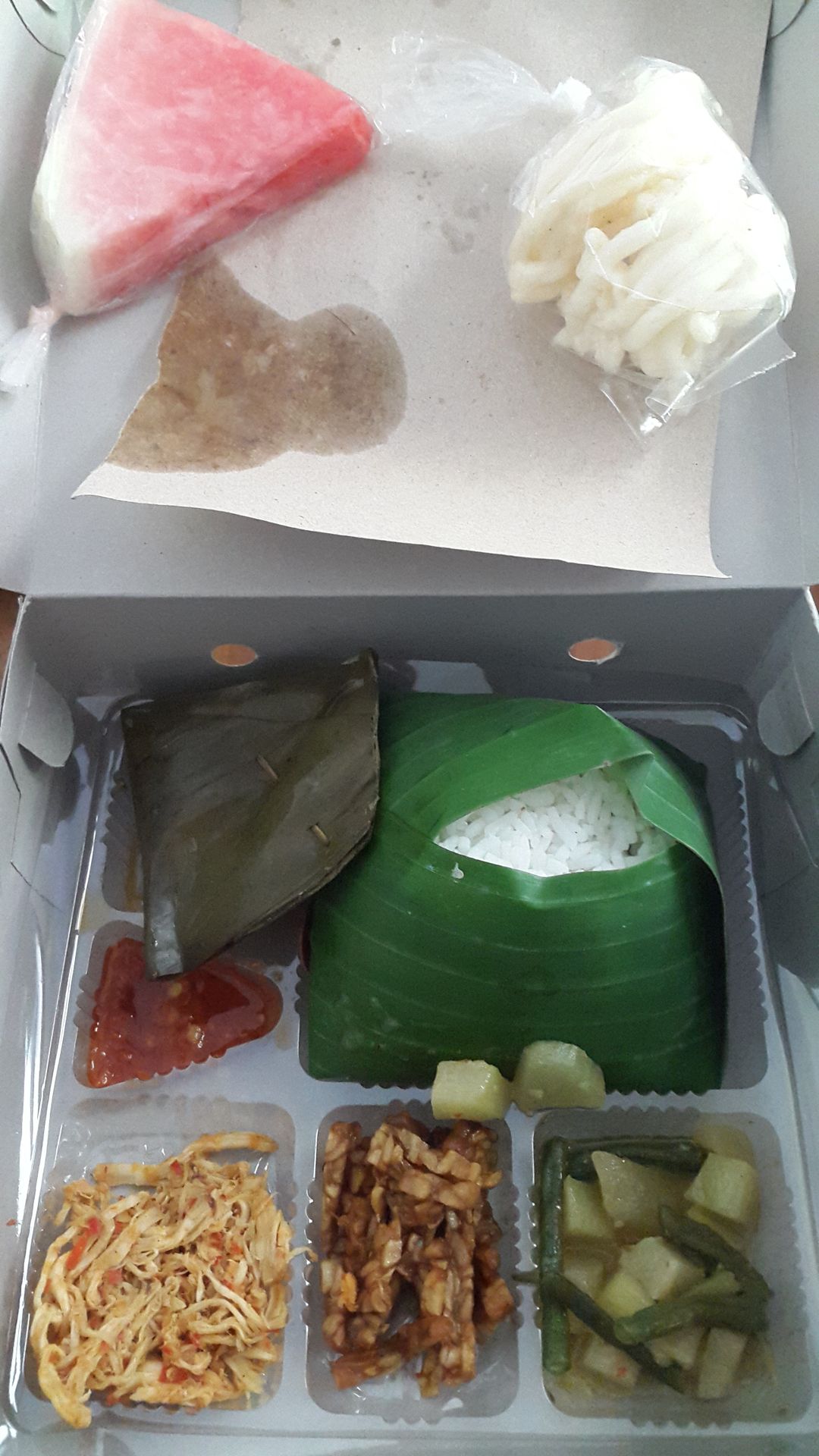

Dinner at the Tsavo Restaurant. The restaurant has huge glass windows on two sides, so you have a direct view of the lion and meerkat enclosures.
I haven't had a chance to visit the park itself yet because there is a lot to do at the moment, and on my day off on Sundays, I either went to the nearest city or to Denpasar to get a few things.
Soon, Roy will come and visit me because he is still working in Prigen at the PCBA. I'm really looking forward to that!

And here, there is delicious beer for Roy ;)
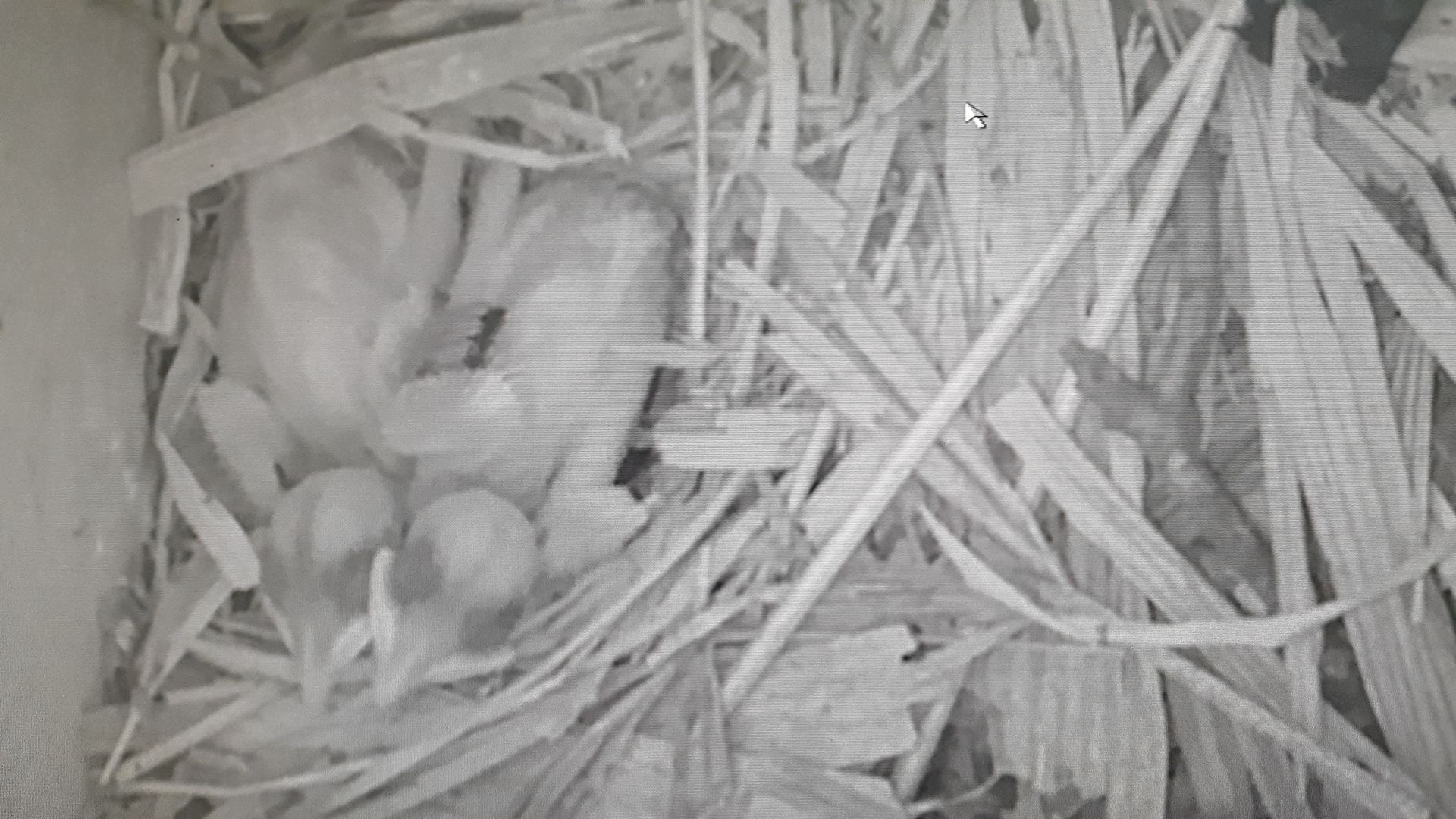
ન્યૂઝલેટર પર સબ્સ્ક્રાઇબ કરો
જવાબ આપો (1)
Wenke
Es ist schön mal wieder von dir zu lesen! 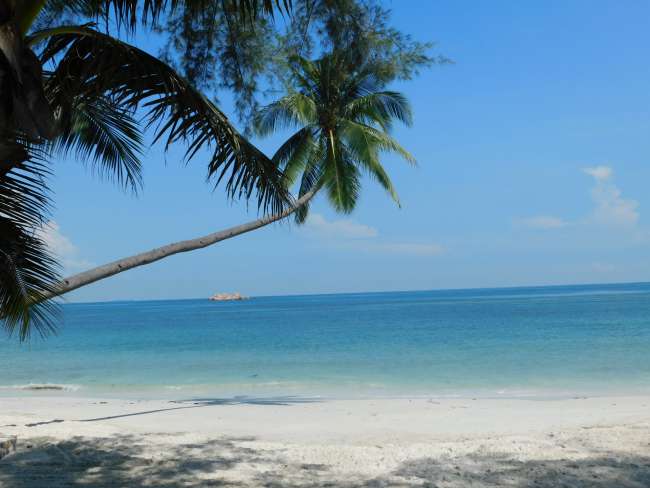
મુસાફરી અહેવાલો ઈન્ડોનેશિયા
